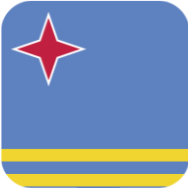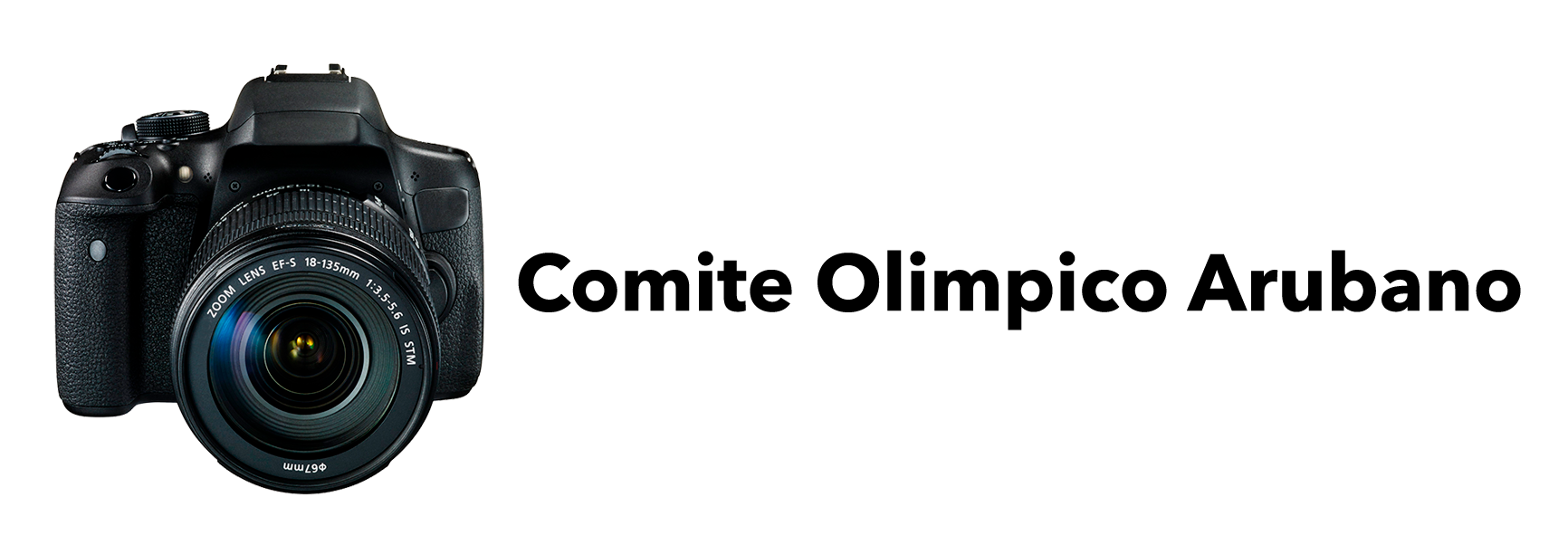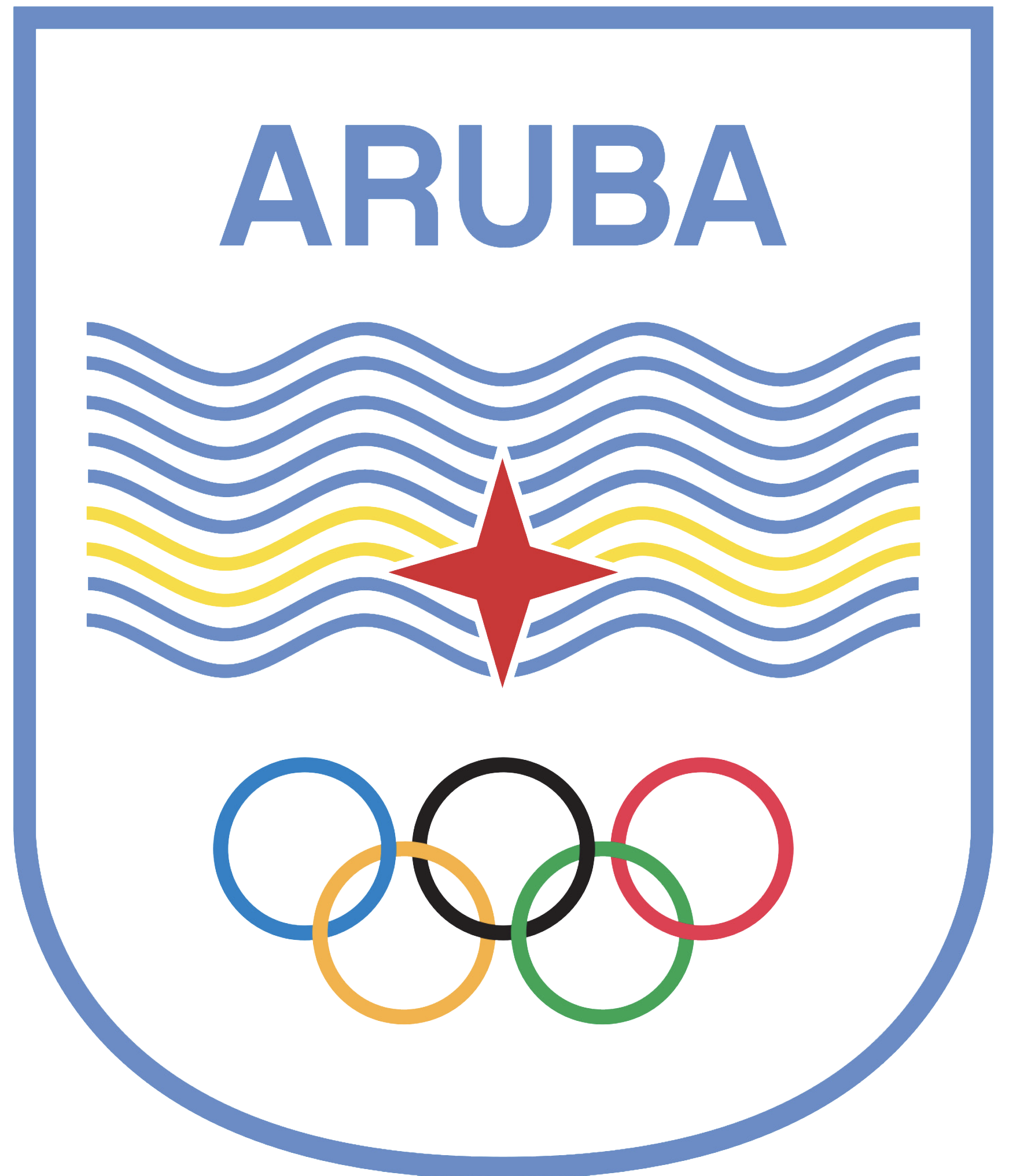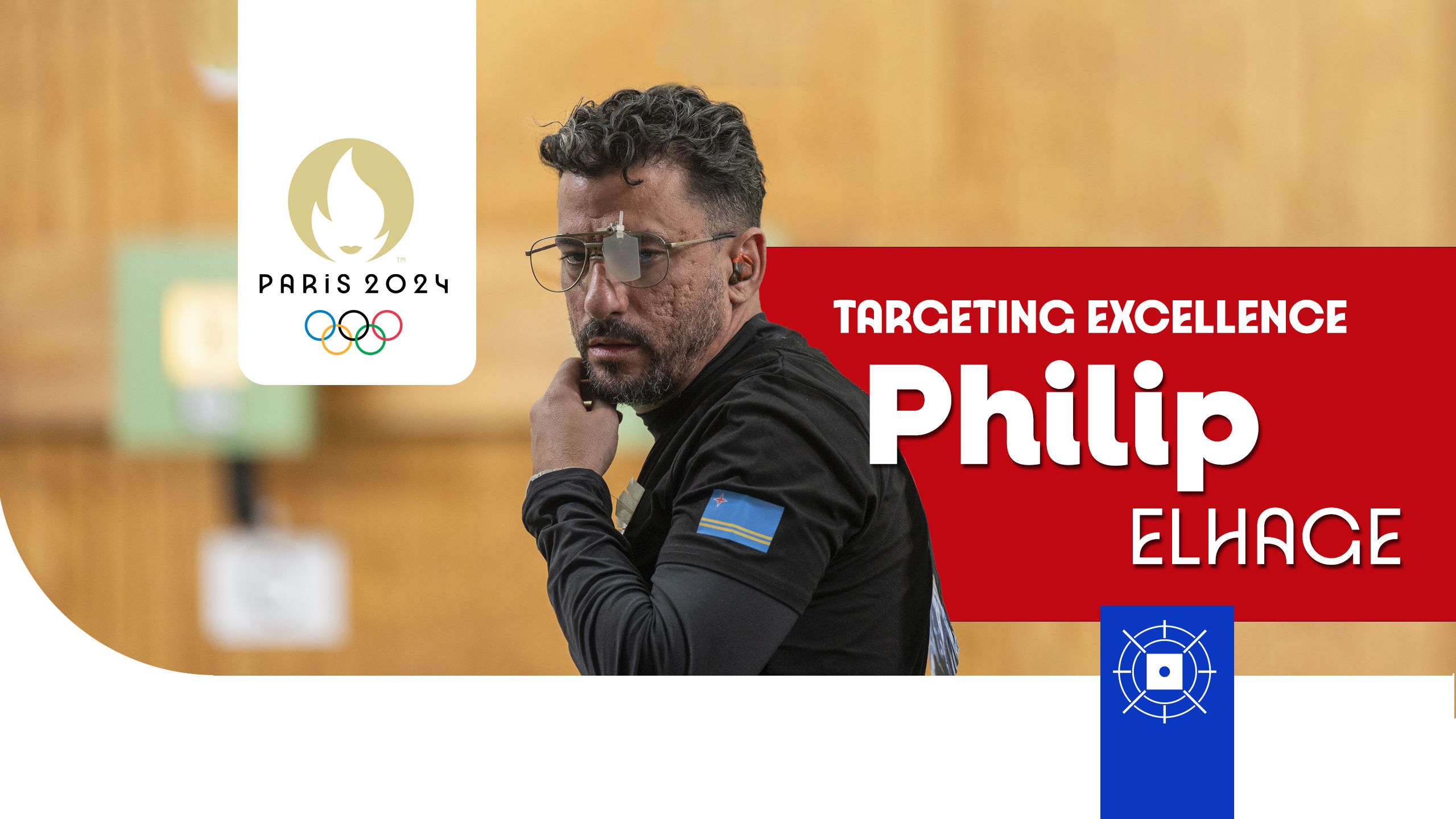

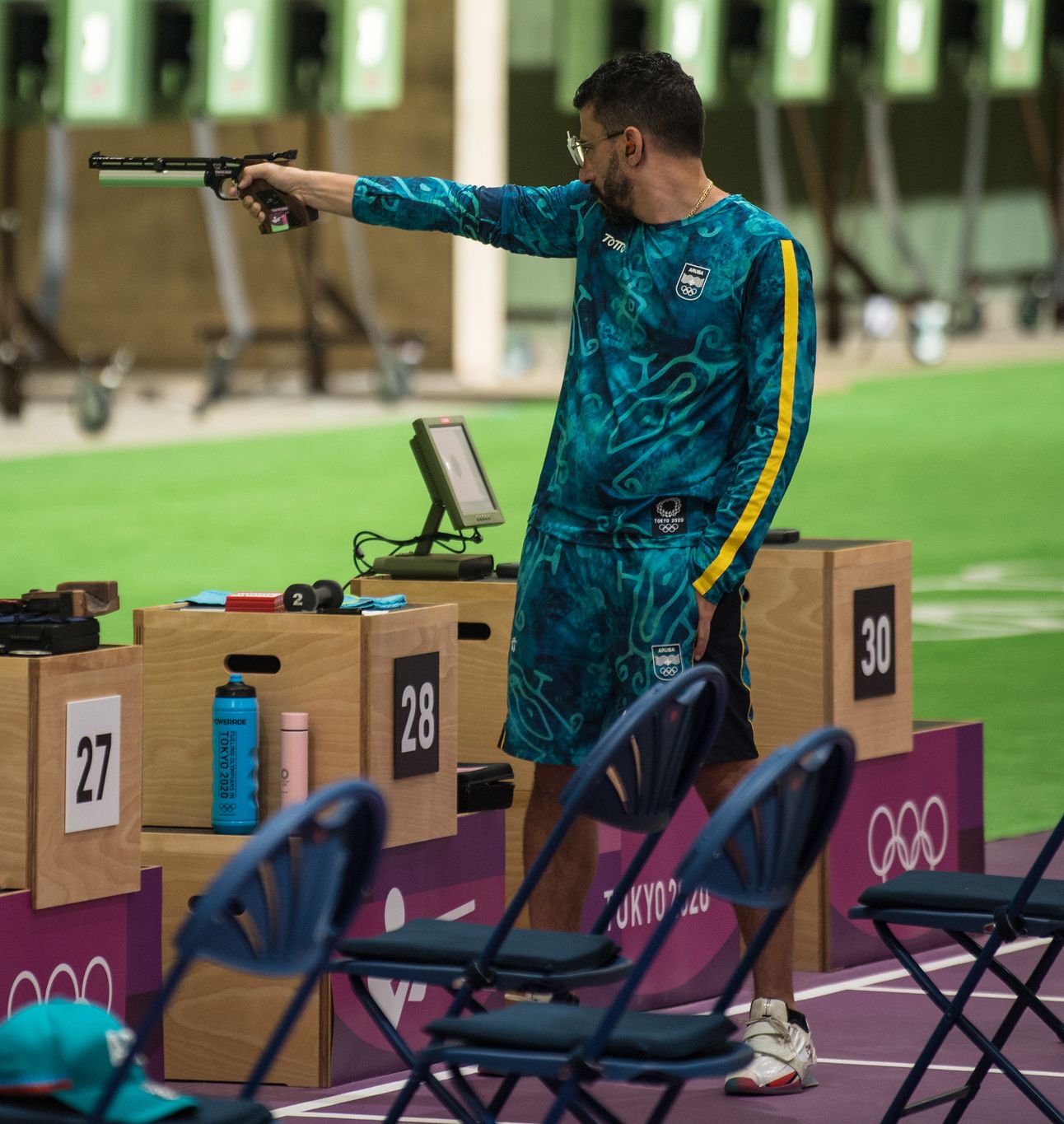

As Philip Elhage steps onto the international stage at the 2024 Paris Olympics, he carries not only his personal ambitions but also the hopes of Aruba.
Competing in the 10 Meter Air Pistol discipline, Philip's journey exemplifies dedication and resilience. Born into a family deeply entrenched in the world of shooting, his path has been shaped by both heritage and personal passion.
"My late uncle was a "gunsmith" and also an importer of arms and ammunition in Curaçao. He was an Olympic shooting fan and made sure I never needed any equipment. Several other family members competed and also coached Olympic shooting. After I turned 18, I got invited to try it out. It was an easy decision to continue to see how far I could go. I had the correct people around to start, not only family members but also people from the shooting community who were very supportive of our new group that started at the same time."
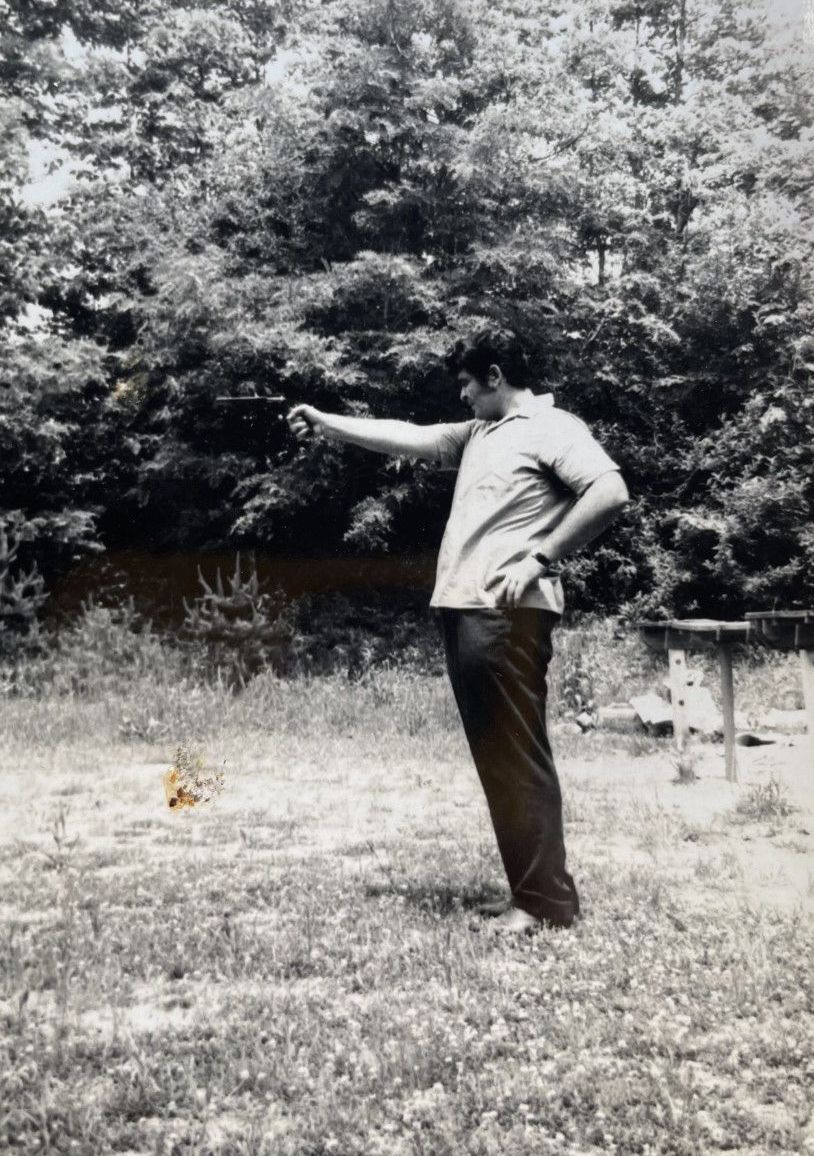
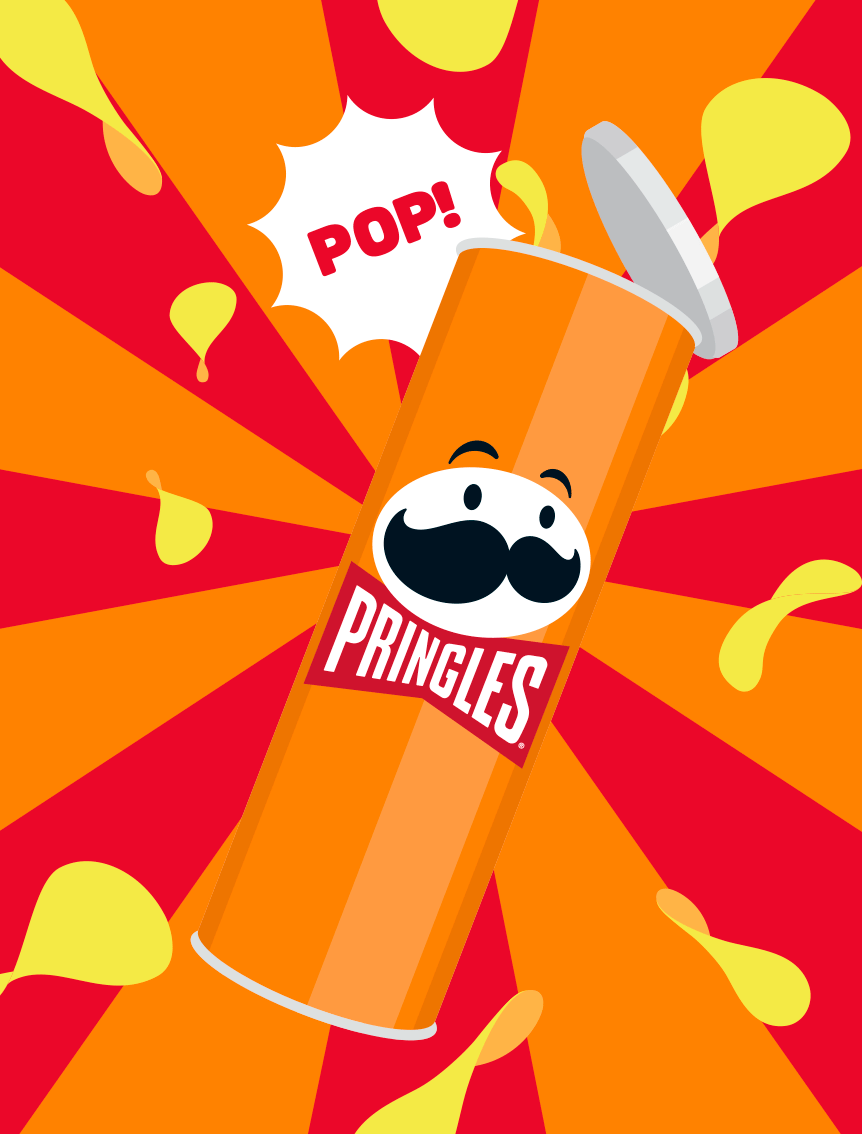
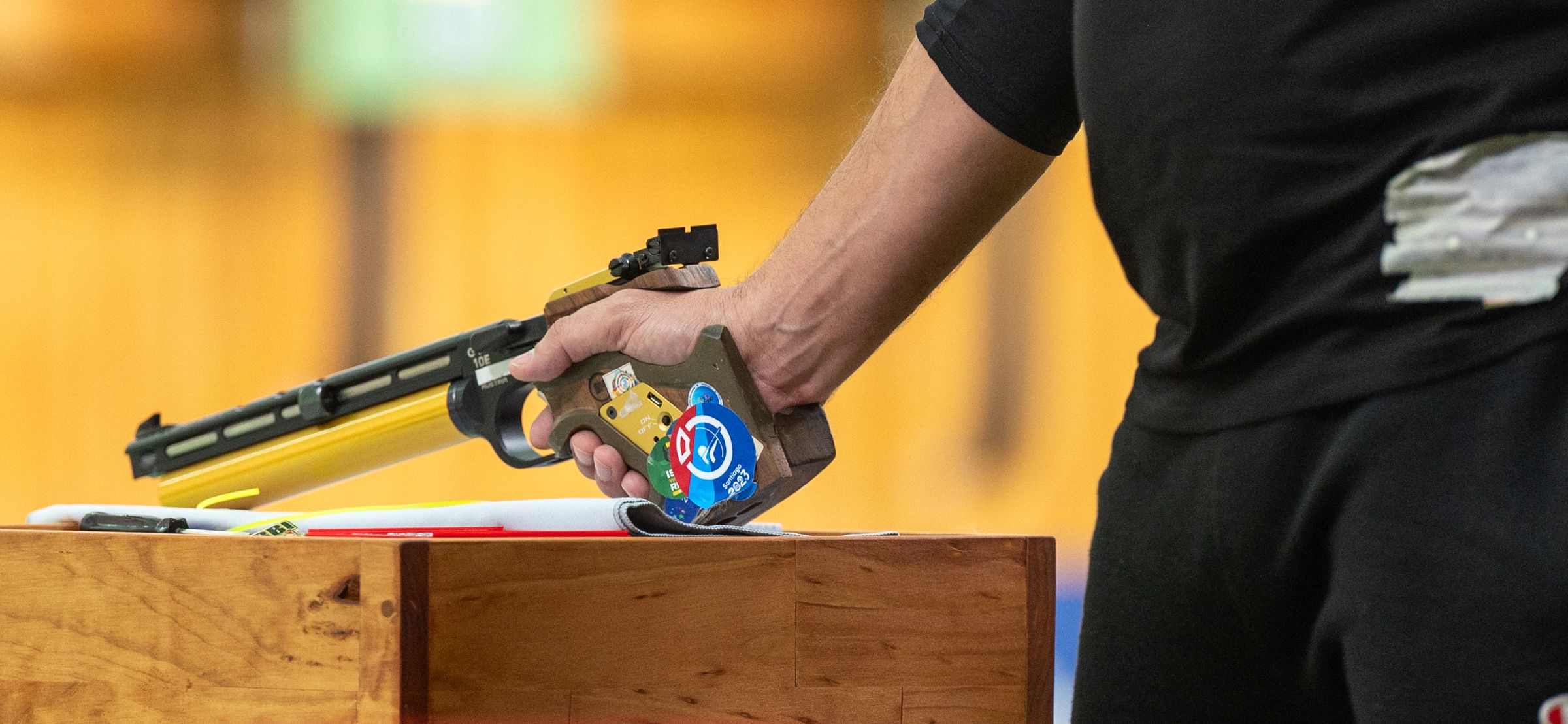
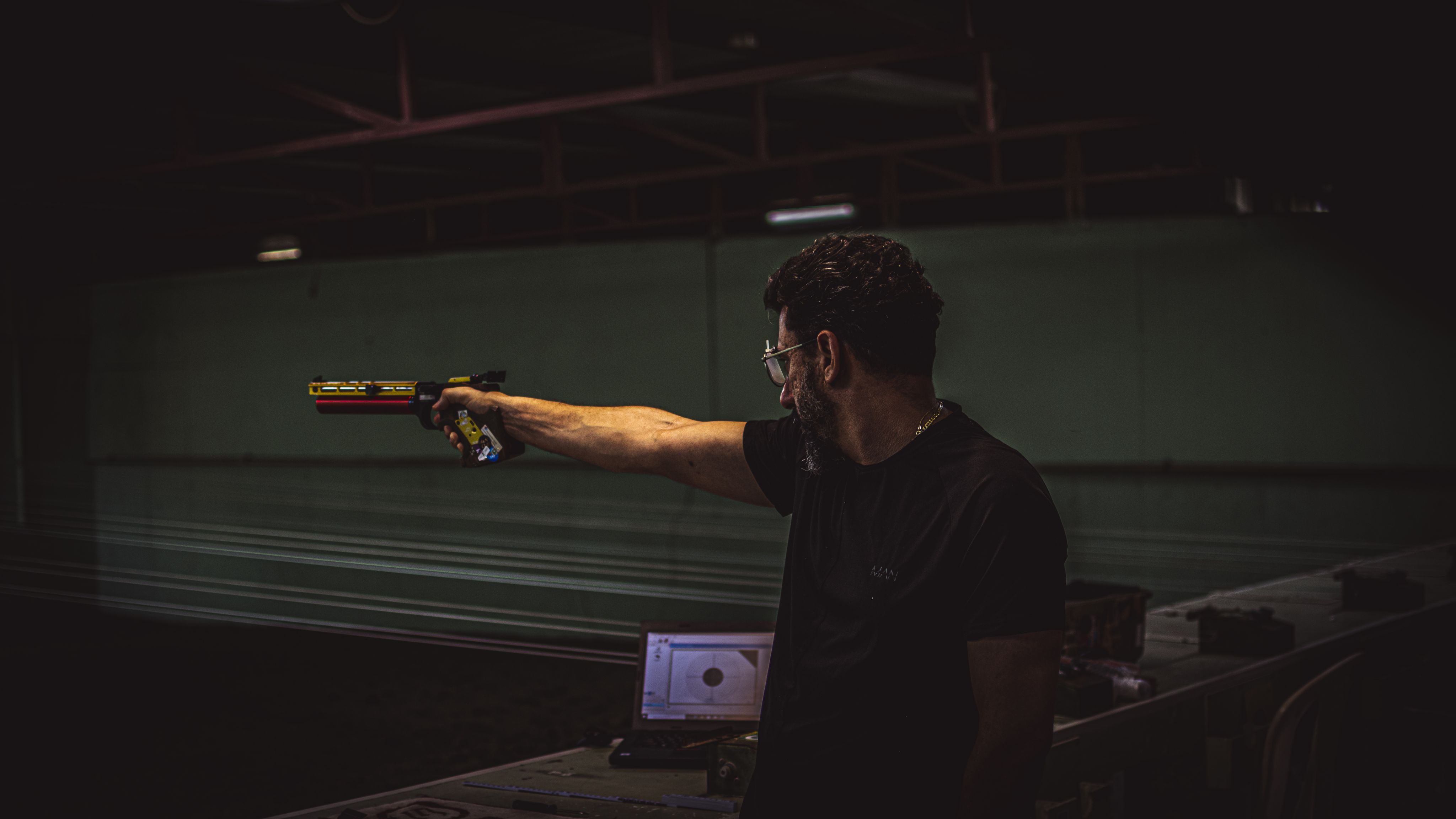
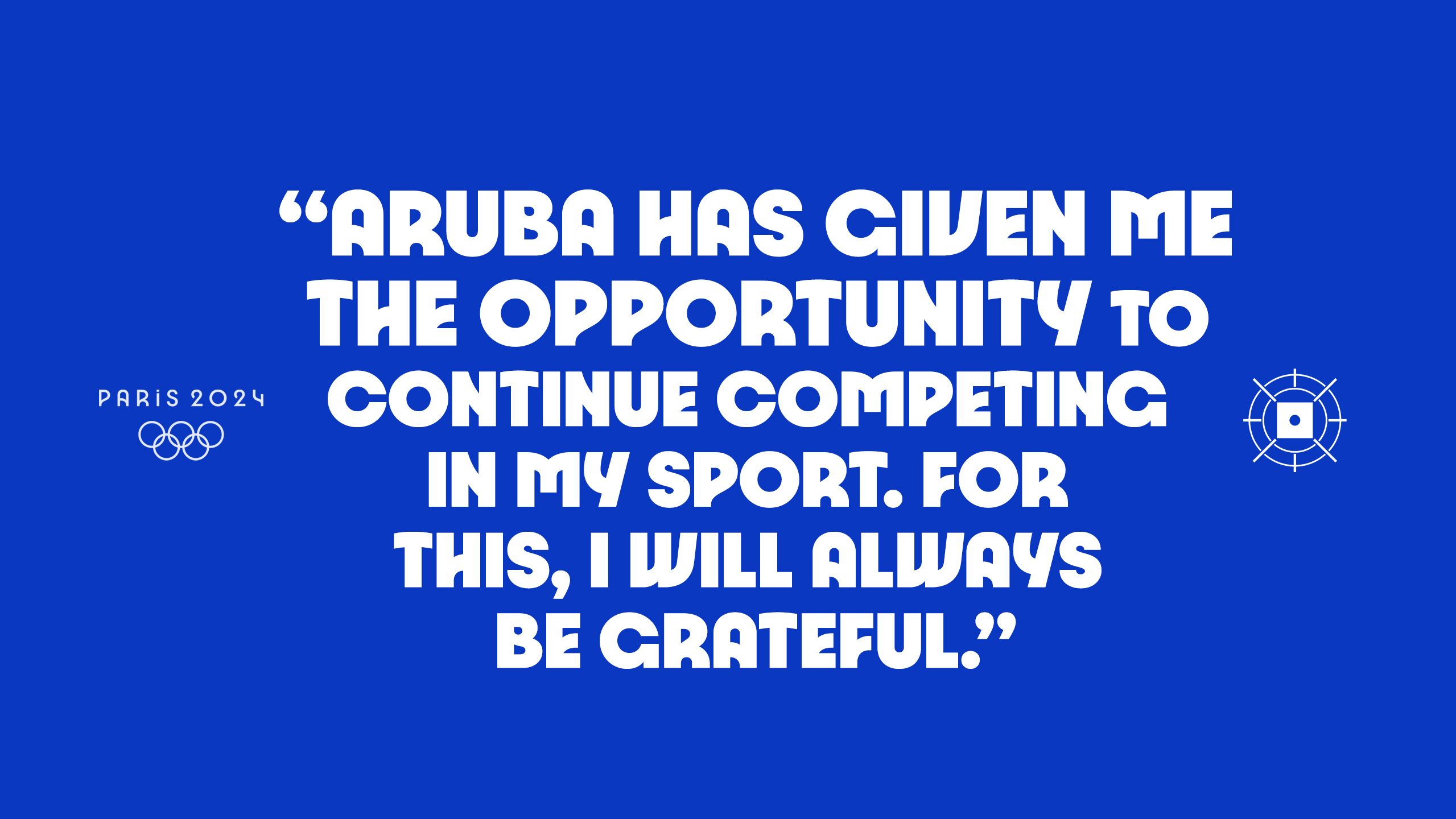
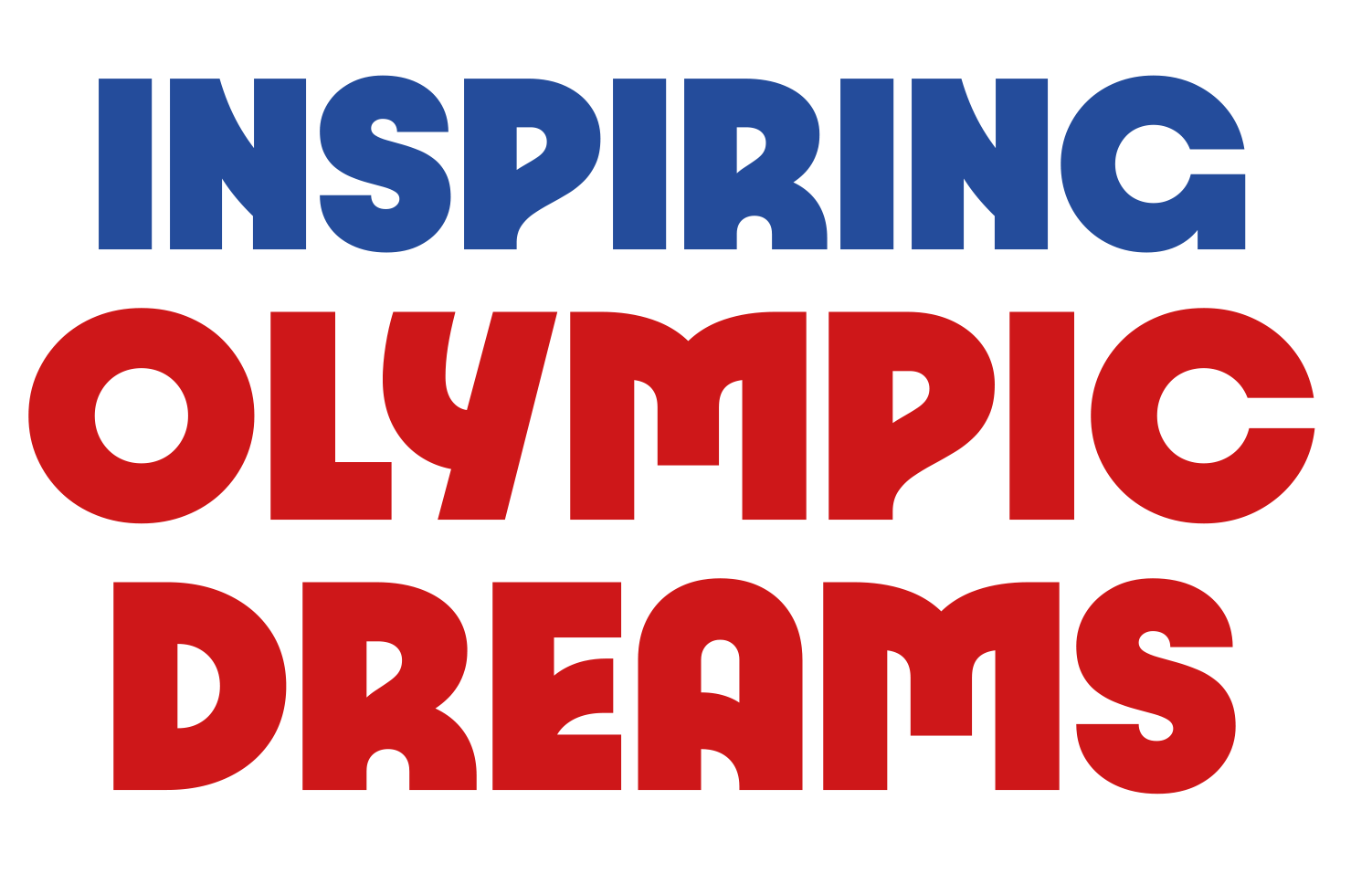
The profound impact of attending the Olympic opening ceremony in Athens 2004 on TV with his fellow university students was a pivotal moment for Philip. "We were living on the campus of our university at the time. This was in 2004, and I was not really taking shooting seriously. But watching the opening ceremony, I knew what my goal would be for the next 4 years."
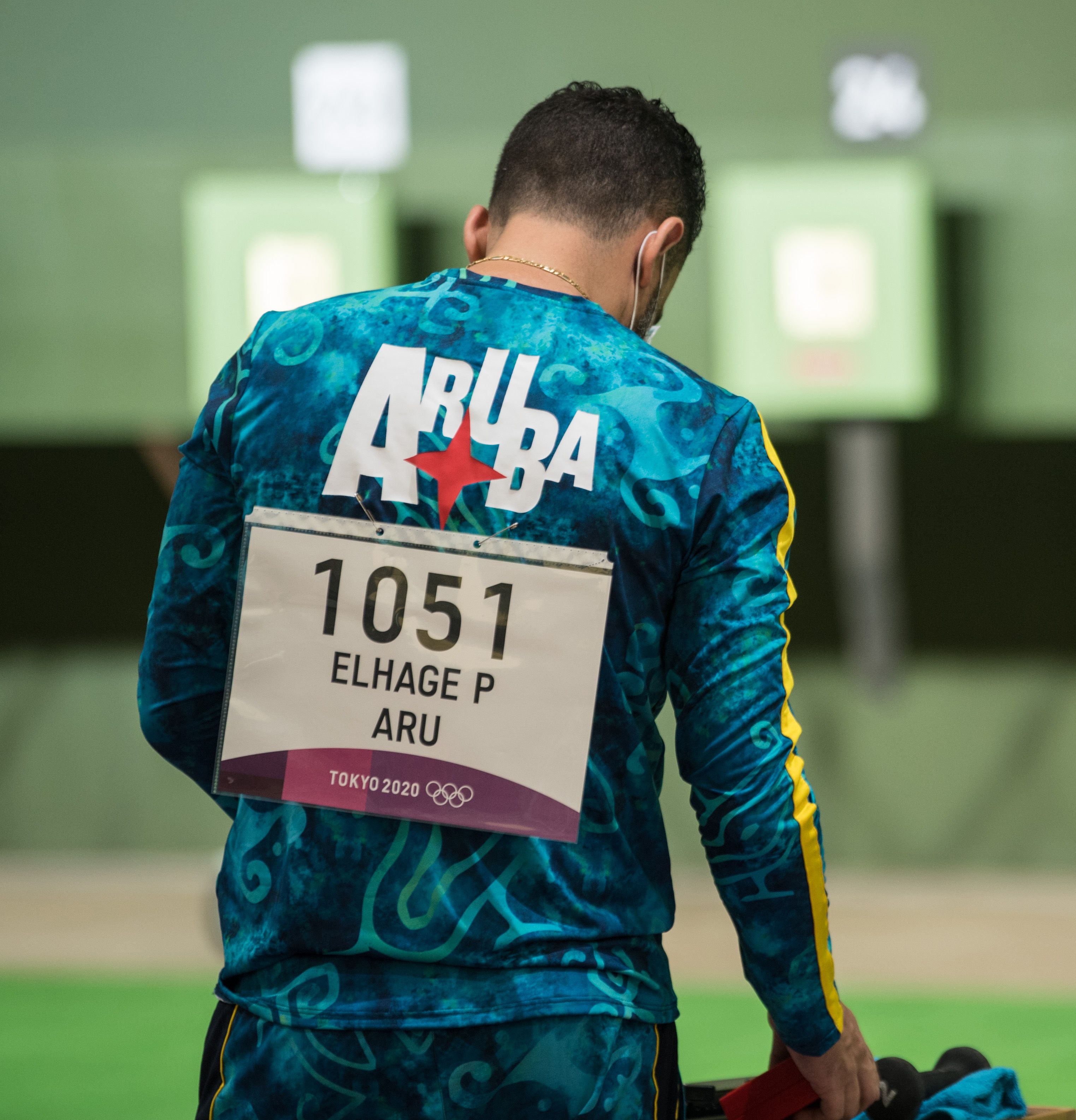
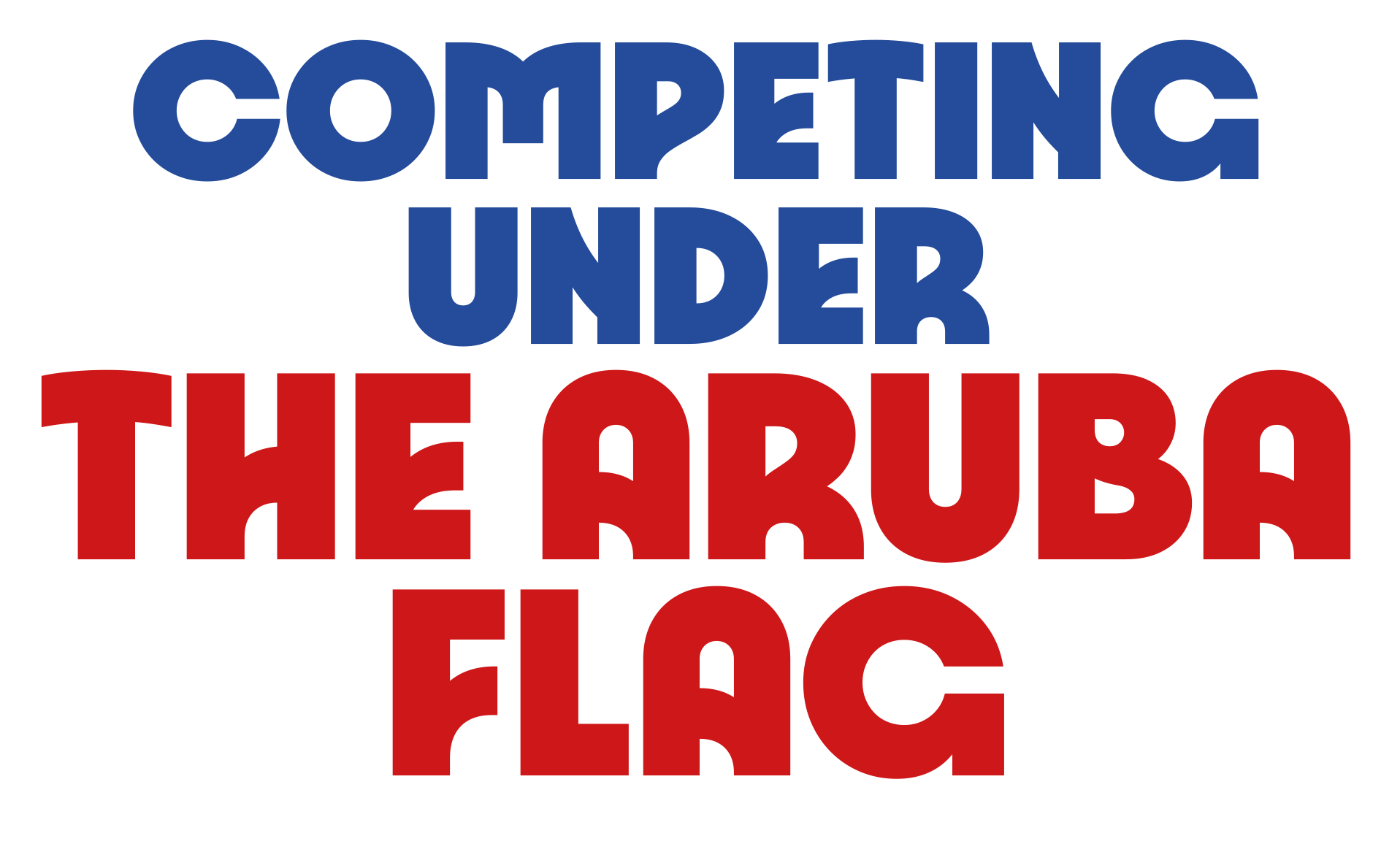
Note: Curaçao, under the current rules of the IOC, cannot apply for a National Olympic Committee. This allows athletes from Curaçao to still participate in the Olympic Games, although not under their own flag.
After representing the Netherlands Antilles in 2008 and now competing under the flag of Aruba, Philip expresses nothing but gratitude and pride. "We used to visit Aruba often to see family, so I always felt a sense of 'home away from home.' I truly appreciate the opportunity that Aruba has given me to continue competing in my sport. For this, I will always be grateful and will give my best effort."
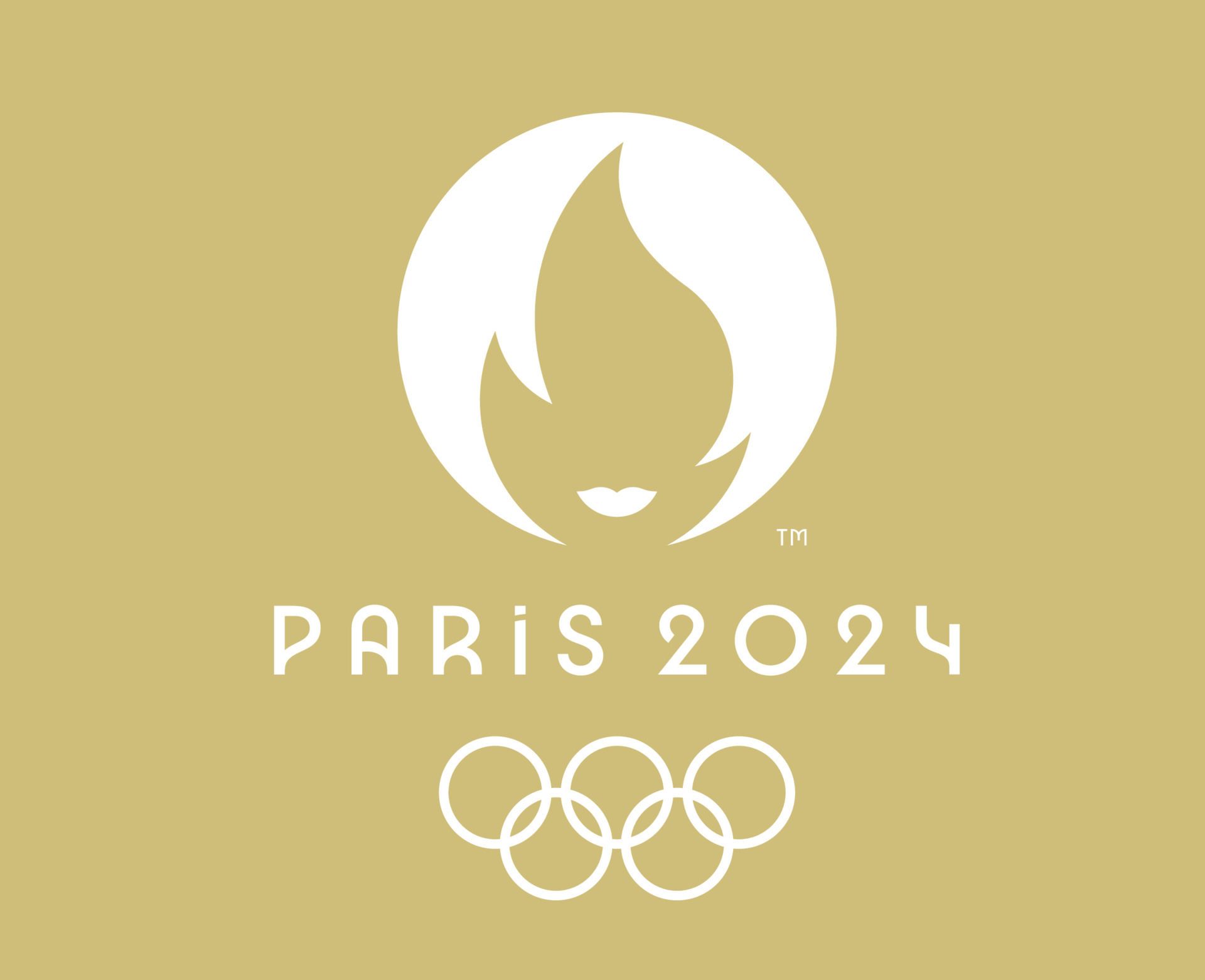
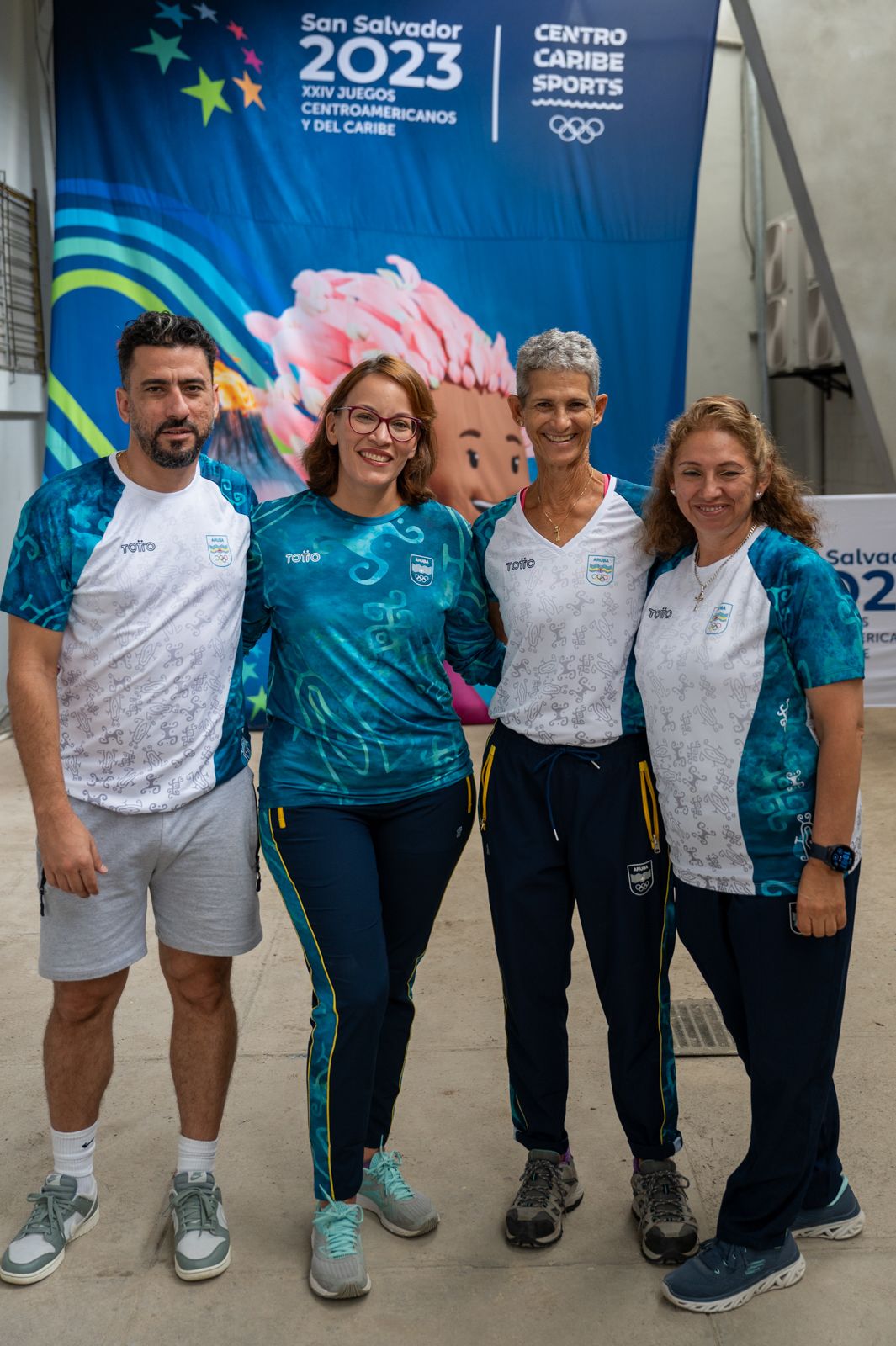
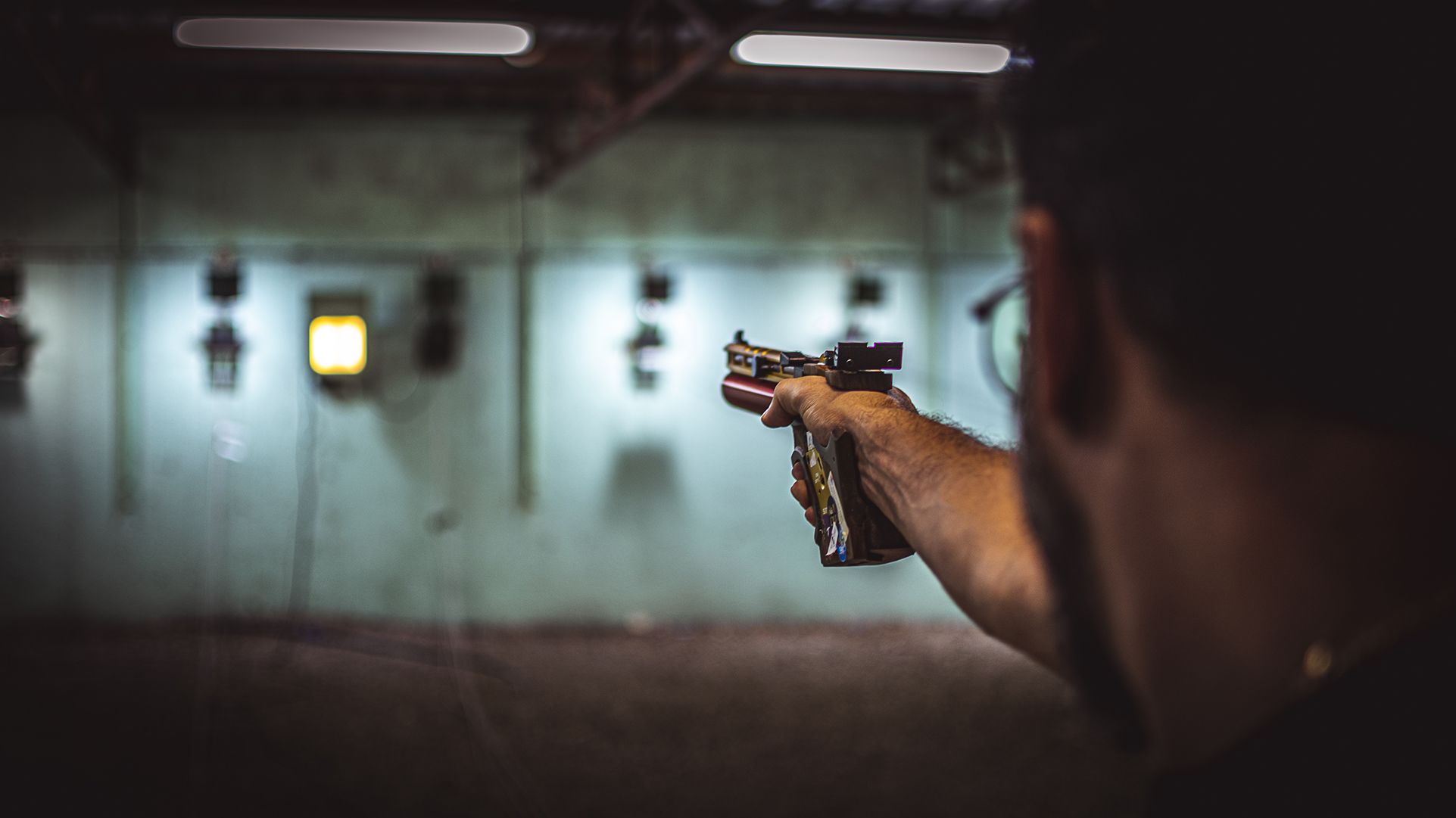

For those not familiar with shooting sports, Philip explains the different disciplines and what distinguishes rifle, pistol, and shotgun events.
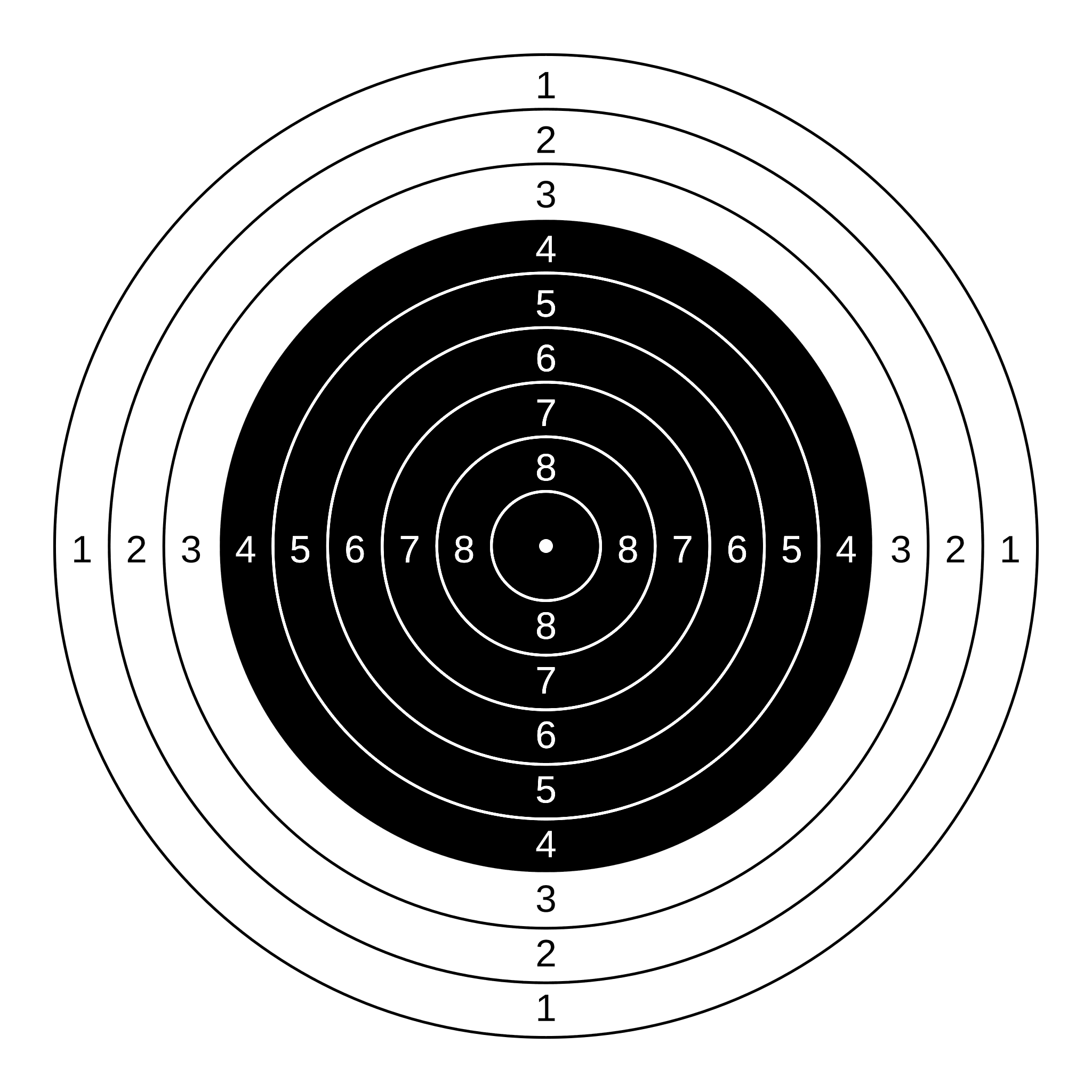
Pistol -> 10 Meter Air Pistol, this is for both men and women. Shooters aim at a target from 10 meters away with an air pistol. The goal is to hit the 10-ring as many times as possible, which is the size of a Curaçao cent.
Pistol -> Sport Pistol (Women only): This event is shot from 25 meters at a larger target and has two stages: the precision stage and the duel stage. In the precision stage, shooters fire 6 series of 5 shots each within 300 seconds. In the duel stage, shooters hold their pistol at a 45° angle for 7 seconds, then have 3 seconds to raise and fire one shot. This is repeated for 6 series of 5 shots.
Rapid Fire Pistol Is for men only and is also shot from 25 meters and consists of three stages. Stage 1 involves 4 series of 5 shots (one shot per target) within 8 seconds. Stage 2 is the same but within 6 seconds, and Stage 3 is within 4 seconds.
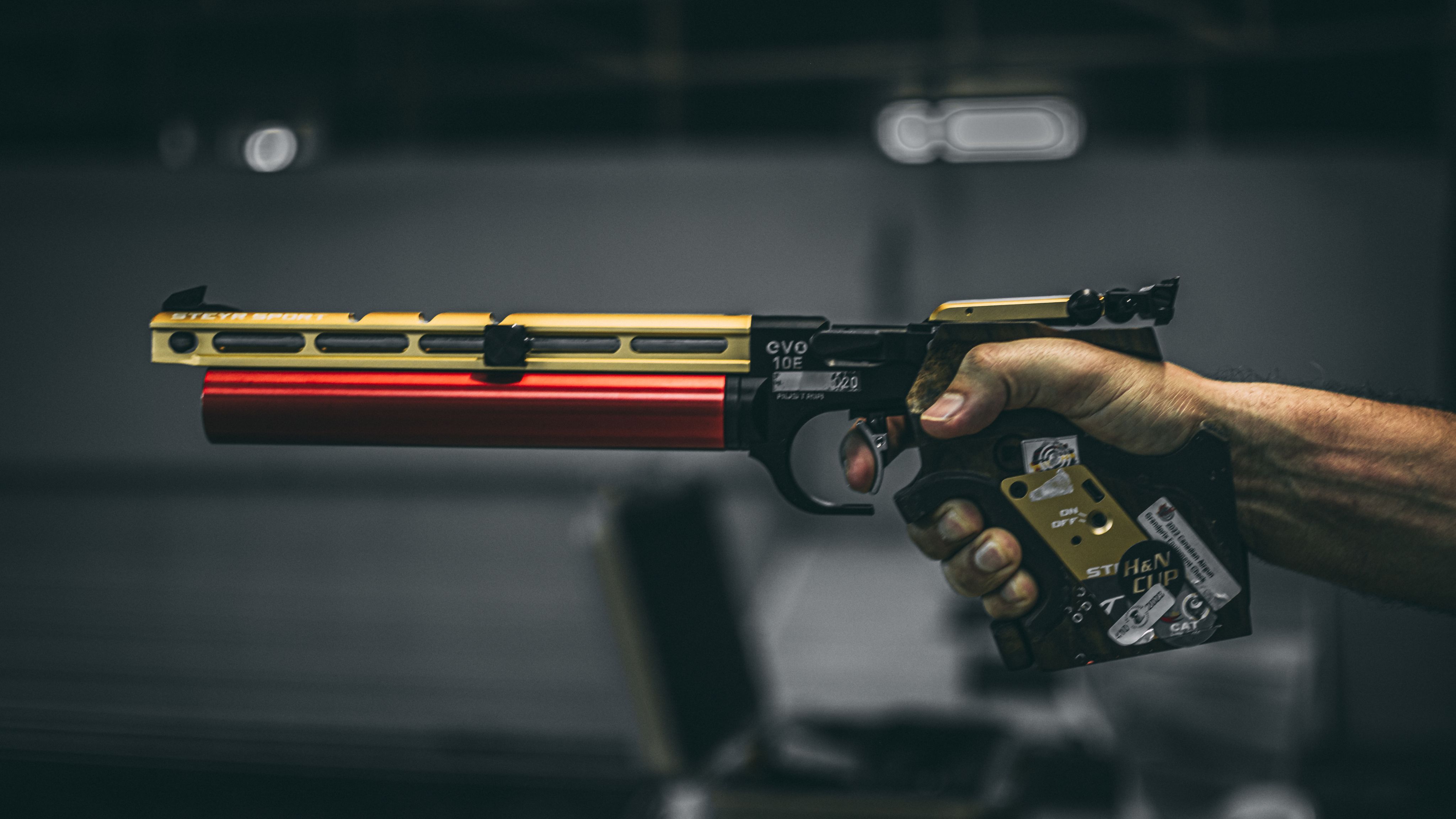
Rifle tin 10M air rifle, similar to the air pistol event, but the 10-ring is the size of a pinhead.
And the other rifle discipline is the three-position event, where shooters fire from standing, kneeling, and prone positions from 50 meters away at a larger target.
Skeet -> The shooter must hit two clay disks coming from the left and right. The shooter cannot shoulder the shotgun in advance.
Shooting sports demand immense precision and mental focus. "I have tried many mental training exercises, but at the moment, what I work on the most to strengthen is my process between each shot. This helps me stay free of distracting thoughts and maintain mental concentration."
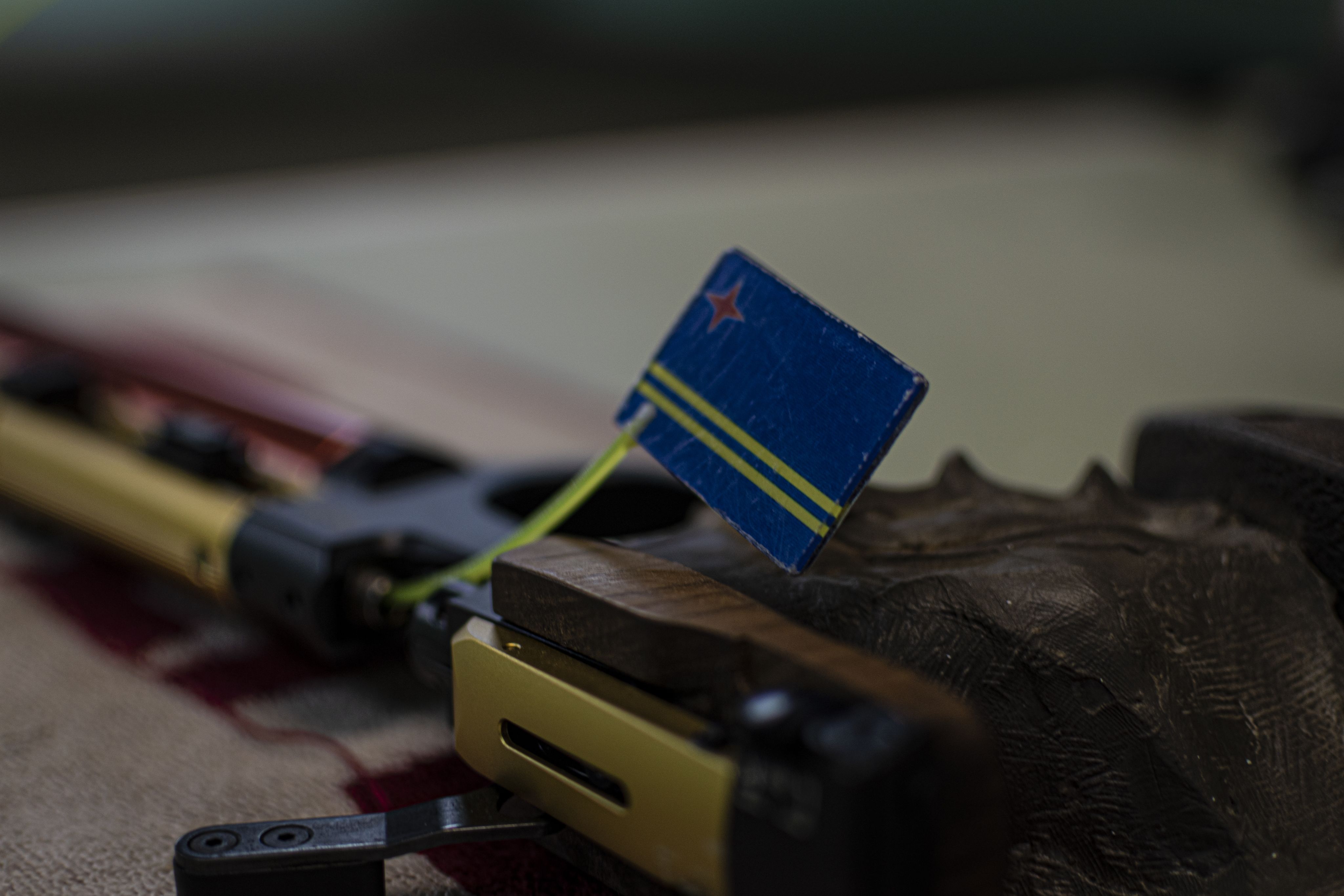
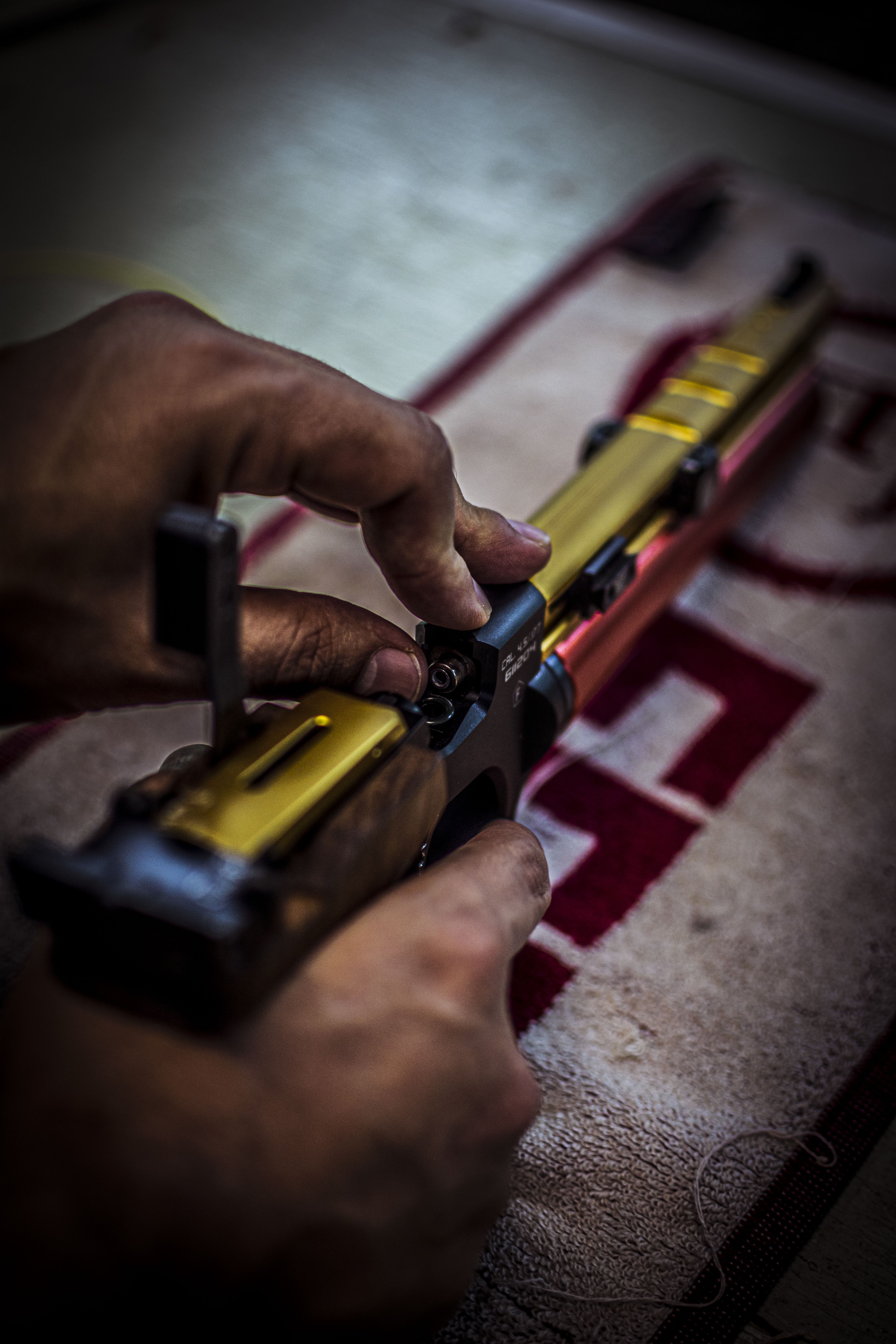
"I've practiced many sports in my life, and I can understand why people might view shooting differently or not consider it a sport. When I compare a pistol shooter to a baseball pitcher, the pitcher is less static than a shooter, and the physical demands on a pitcher are much higher. However, the mental aspect of pitching and shooting is similar, including the rhythm and routine between each shot or pitch. The mental strength required in shooting finals is much higher compared to, for example, taking a penalty kick in soccer. We have to do this up to 24 times in a final."
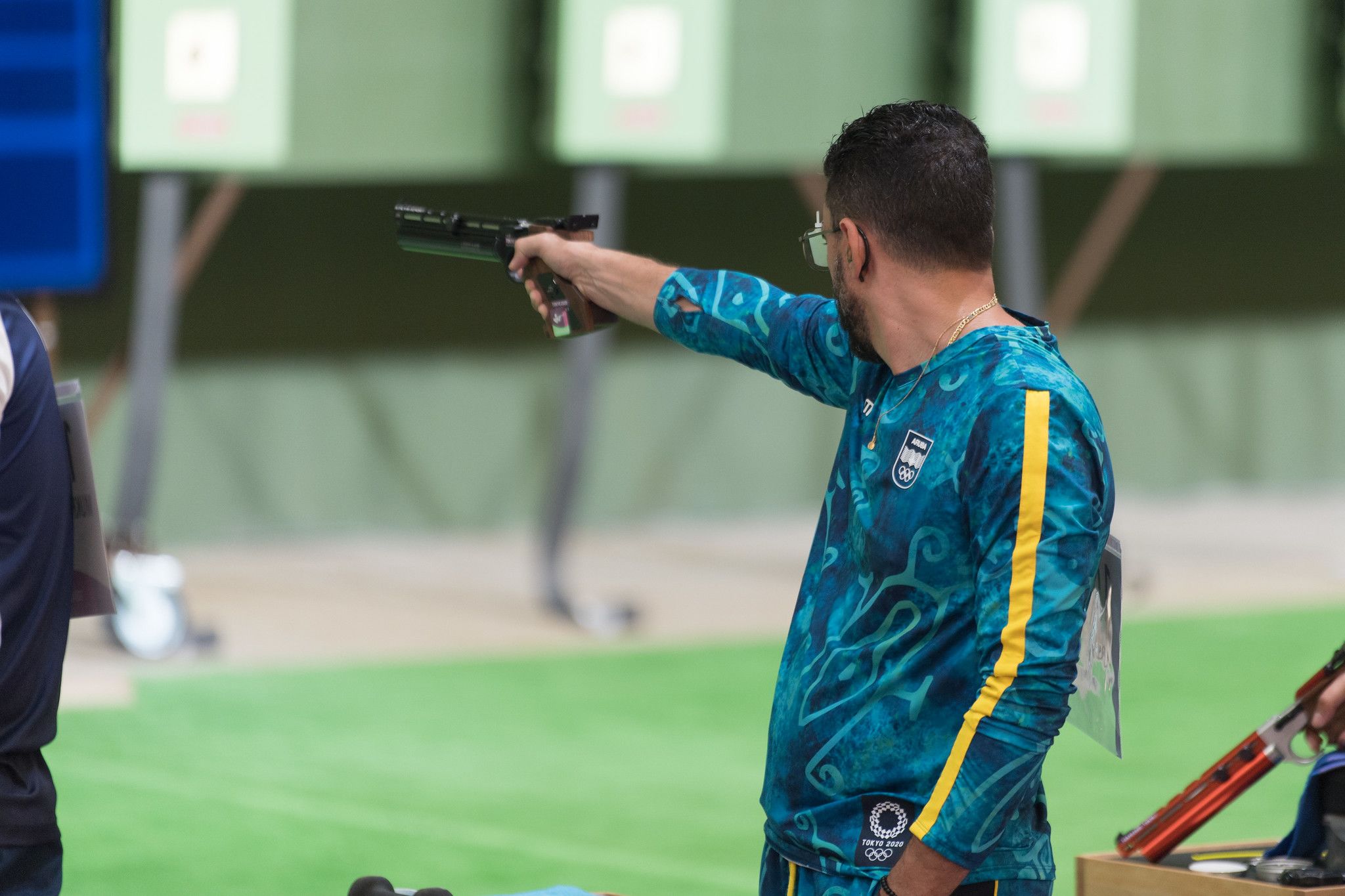
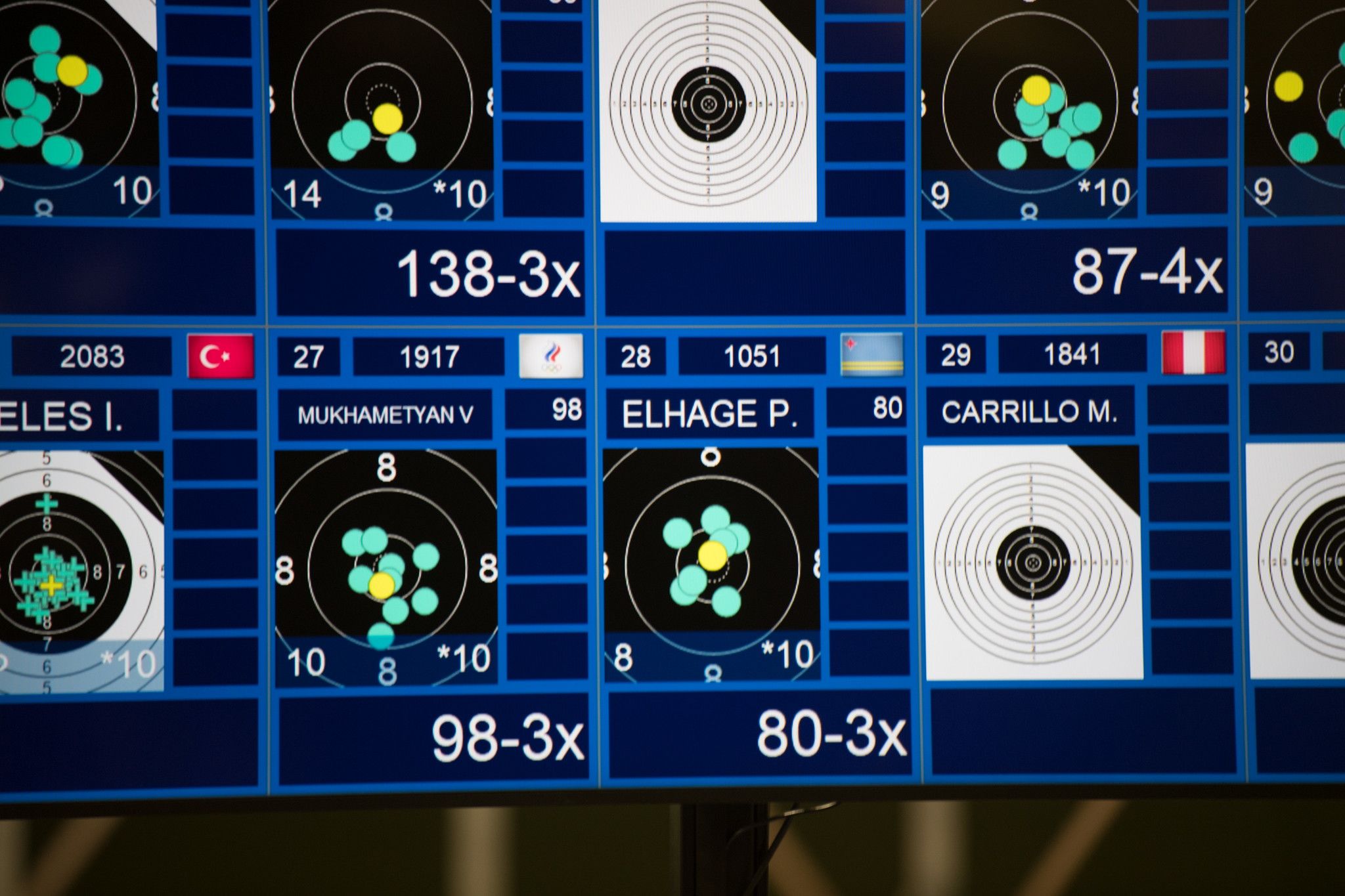
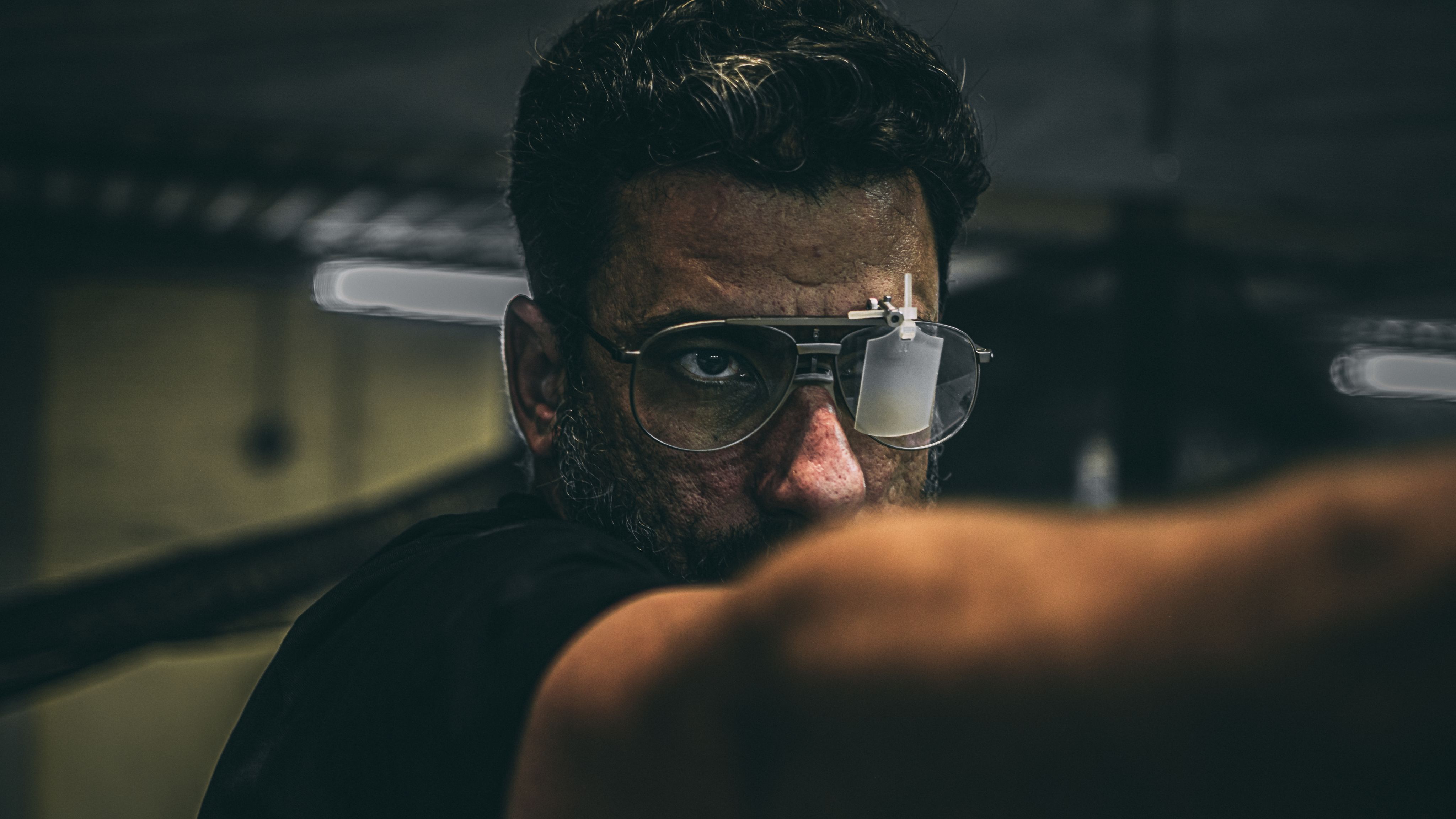
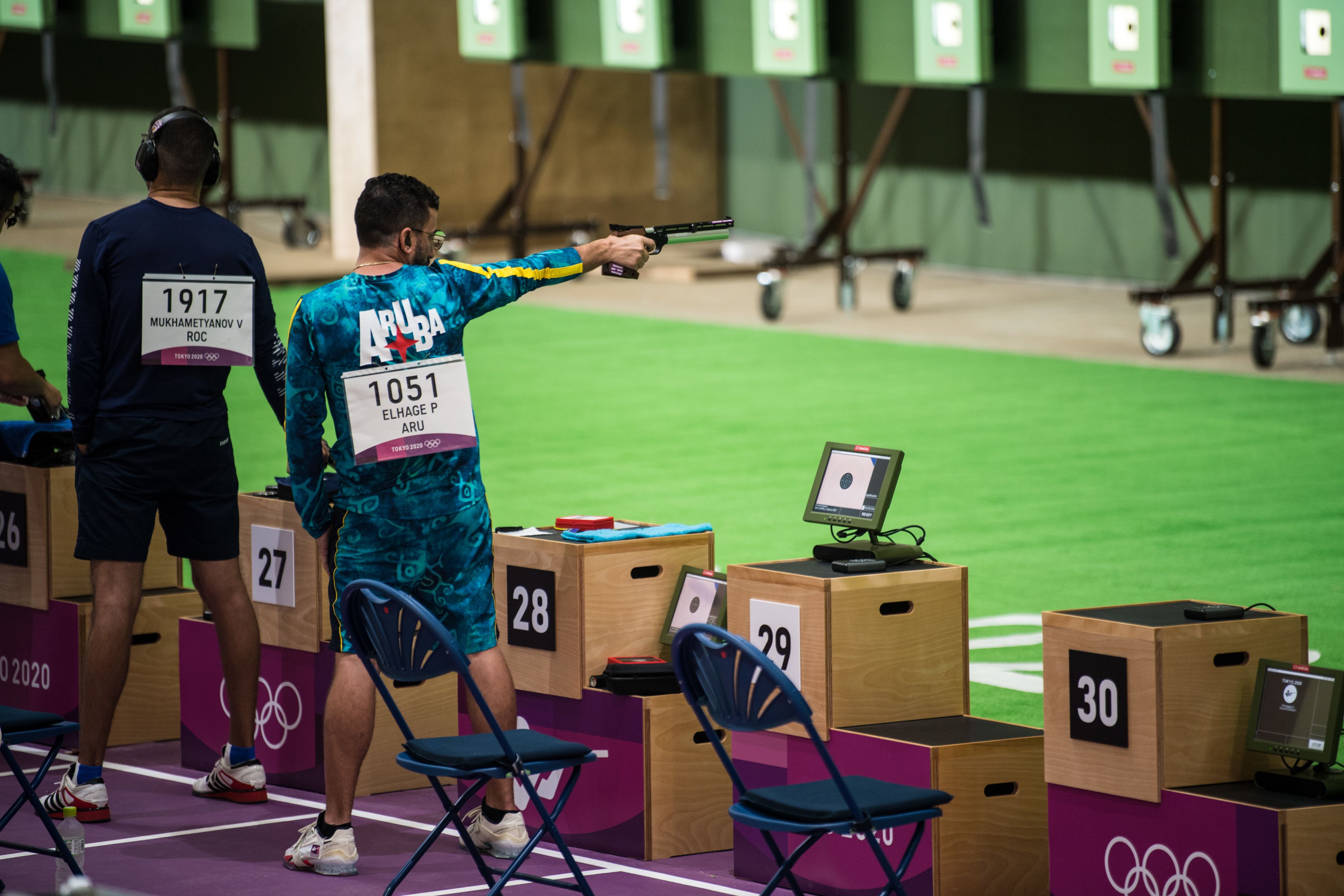
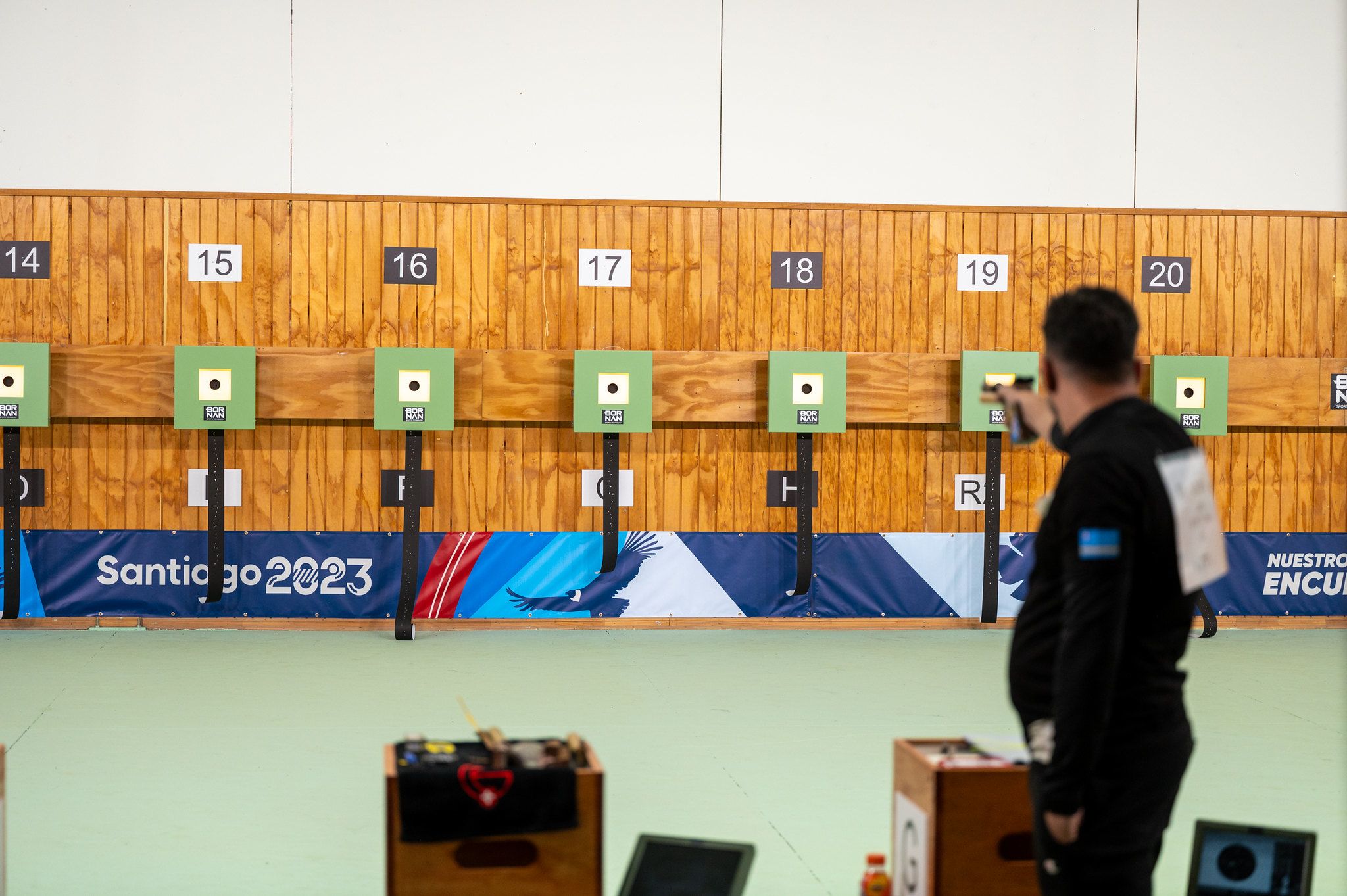

"Unfortunately, Olympic shooting has been losing its popularity over the past 10 years. In Aruba, Bonaire, and Curaçao. We only have an air pistol range in Curacao, which is outdated. However, I try to think of it as an advantage. If I can do good work on this range, I will be all right on a better range."
A typical training day for Philip is rigorous and well-structured. "Depending on the practice schedule, I would either run in the early morning or after shooting. I spend about 3 hours at the range in the morning, warming up, shooting, analyzing the training, and making notes for the next day. After range time, I pick up my son from school, have lunch with the family, review my notes, dry fire for the next practice day, and run if I didn't run in the morning."
To ensure performance under pressure, Philip emphasizes the importance of training for consistency. "Shooting is so simple, yet we make it very complex. No one has ever shot a perfect score of 600. Now that I'm older, I've learned that not every shot can be a 10. Some good shots will be 9s. But in training, we strive to get as close to perfection as possible, so when these moments come, the odds are in our favor. If I know I've done everything I can in training and in competition, I'll be satisfied."
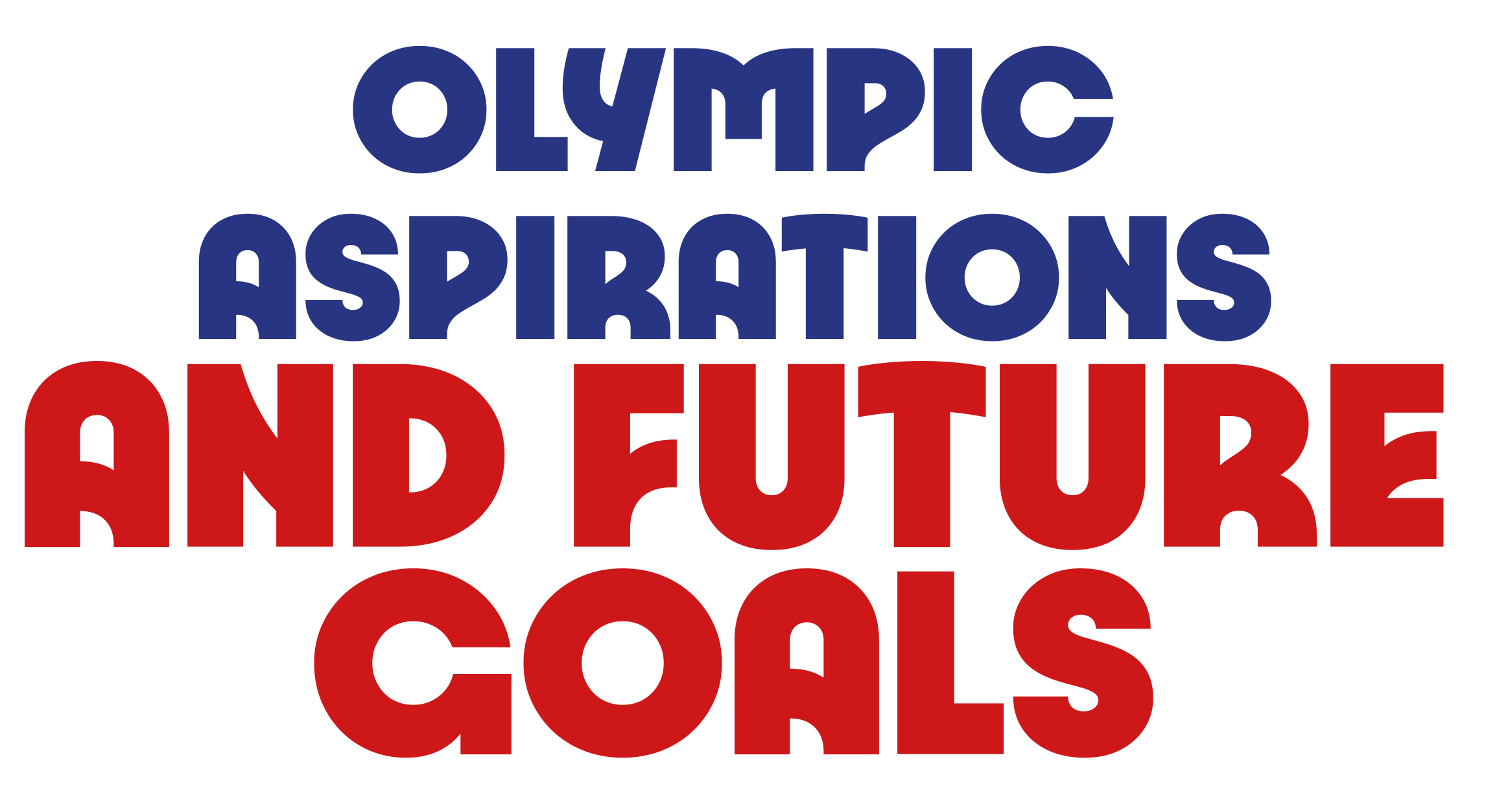
Looking towards the upcoming Olympics, Philip's goals are clear. "Personally, I want to keep my process consistent from start to finish and stay mentally focused. For Aruba, I will always represent the Aruban flag with great respect and appreciation, aiming to be the best example I can be."
Philip hopes to leave a lasting legacy in the world of shooting sports, especially for future generations in Aruba and the Caribbean. "With the right facilities and programs, I believe we can achieve great success in shooting sports. My dream is to have a shooting school dedicated to Olympic shooting disciplines, especially air pistol."
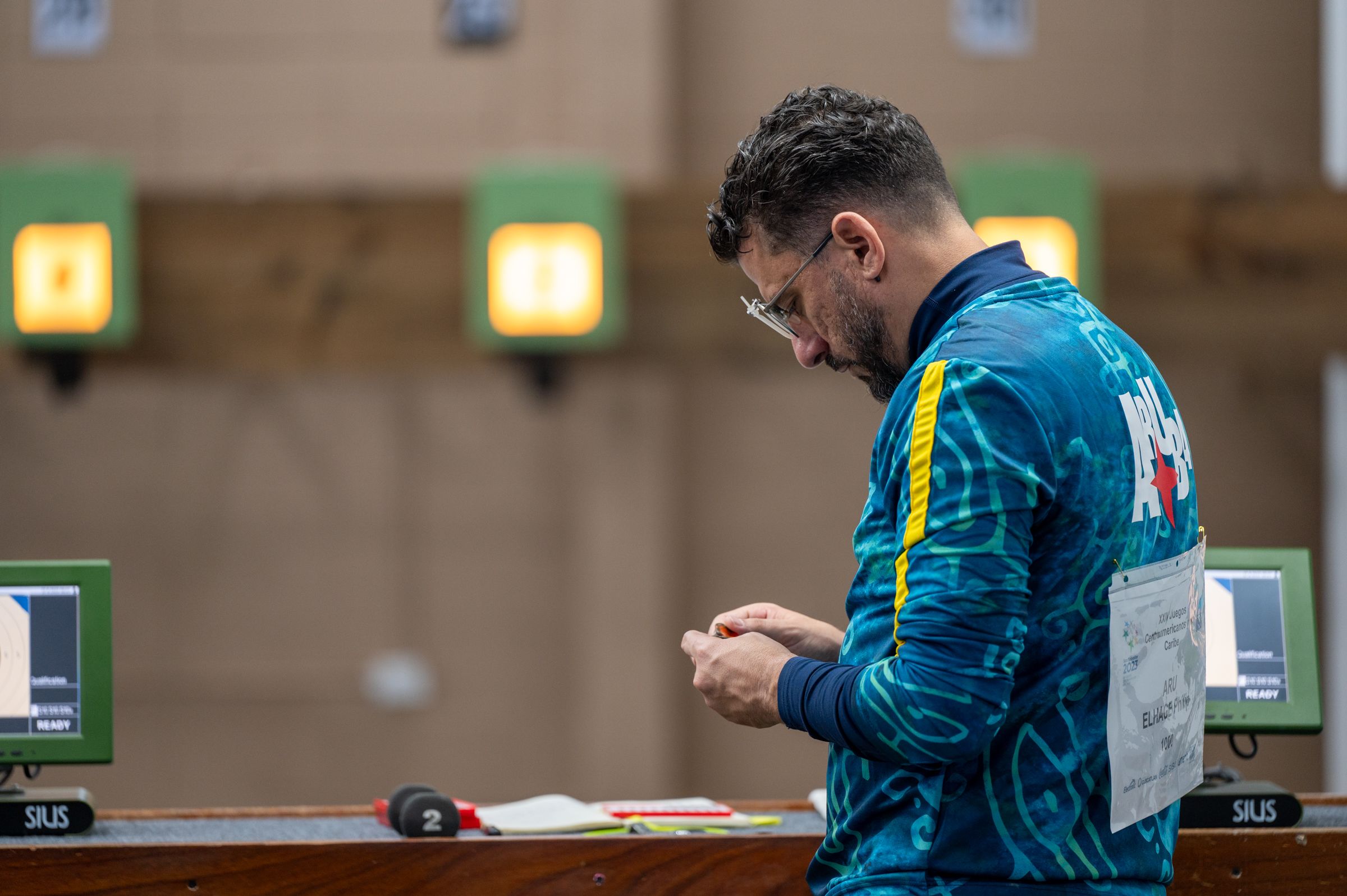
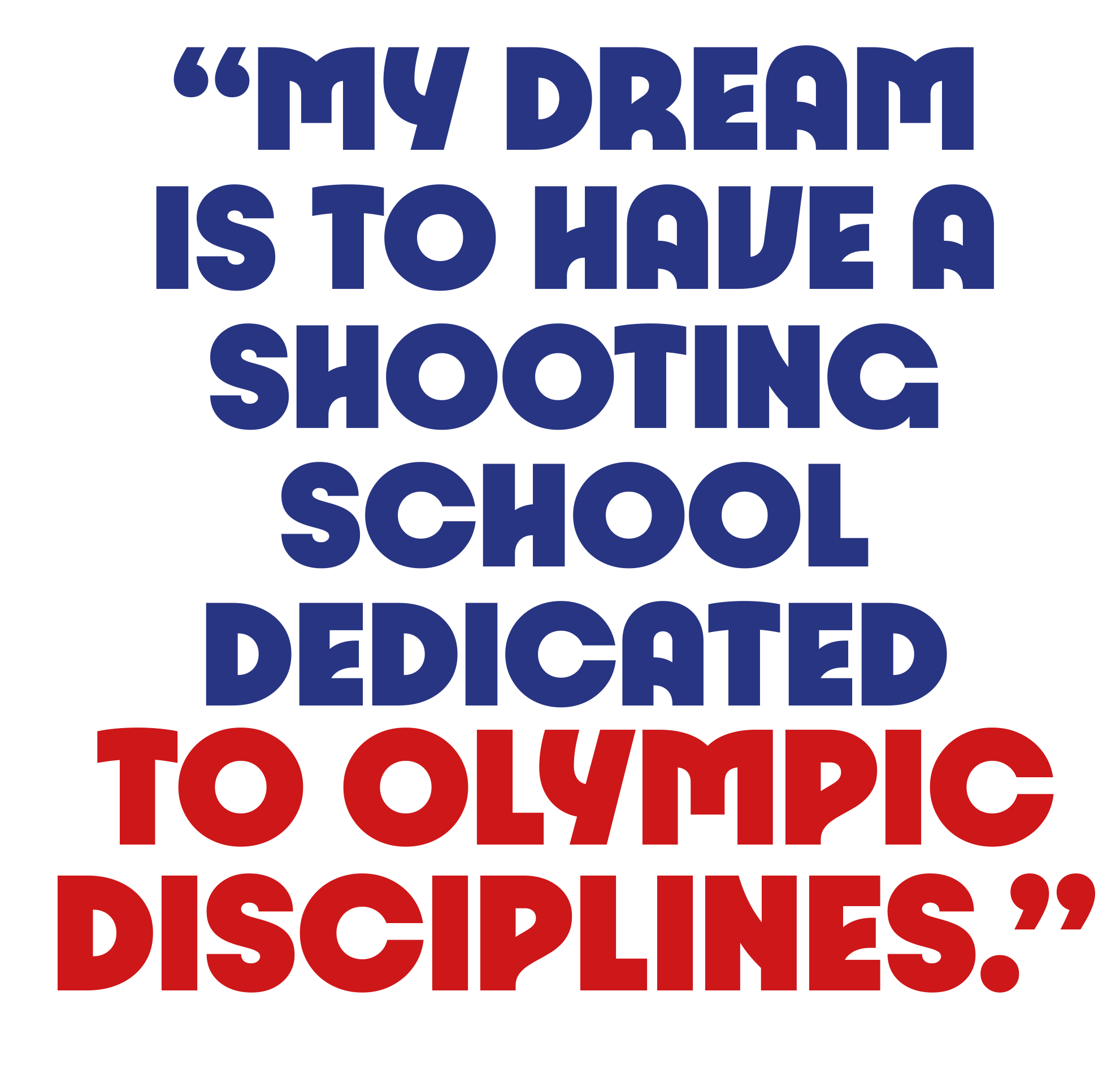
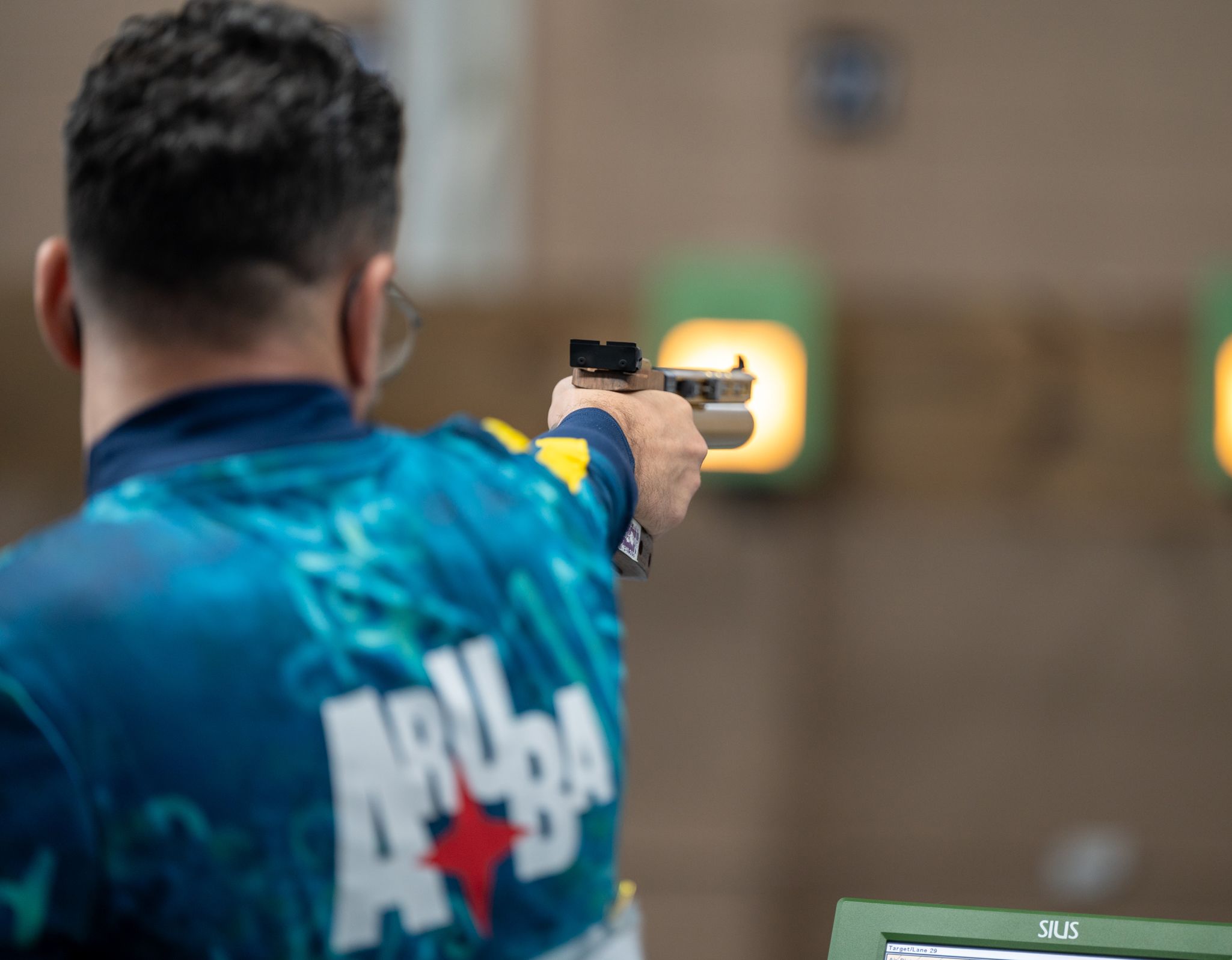

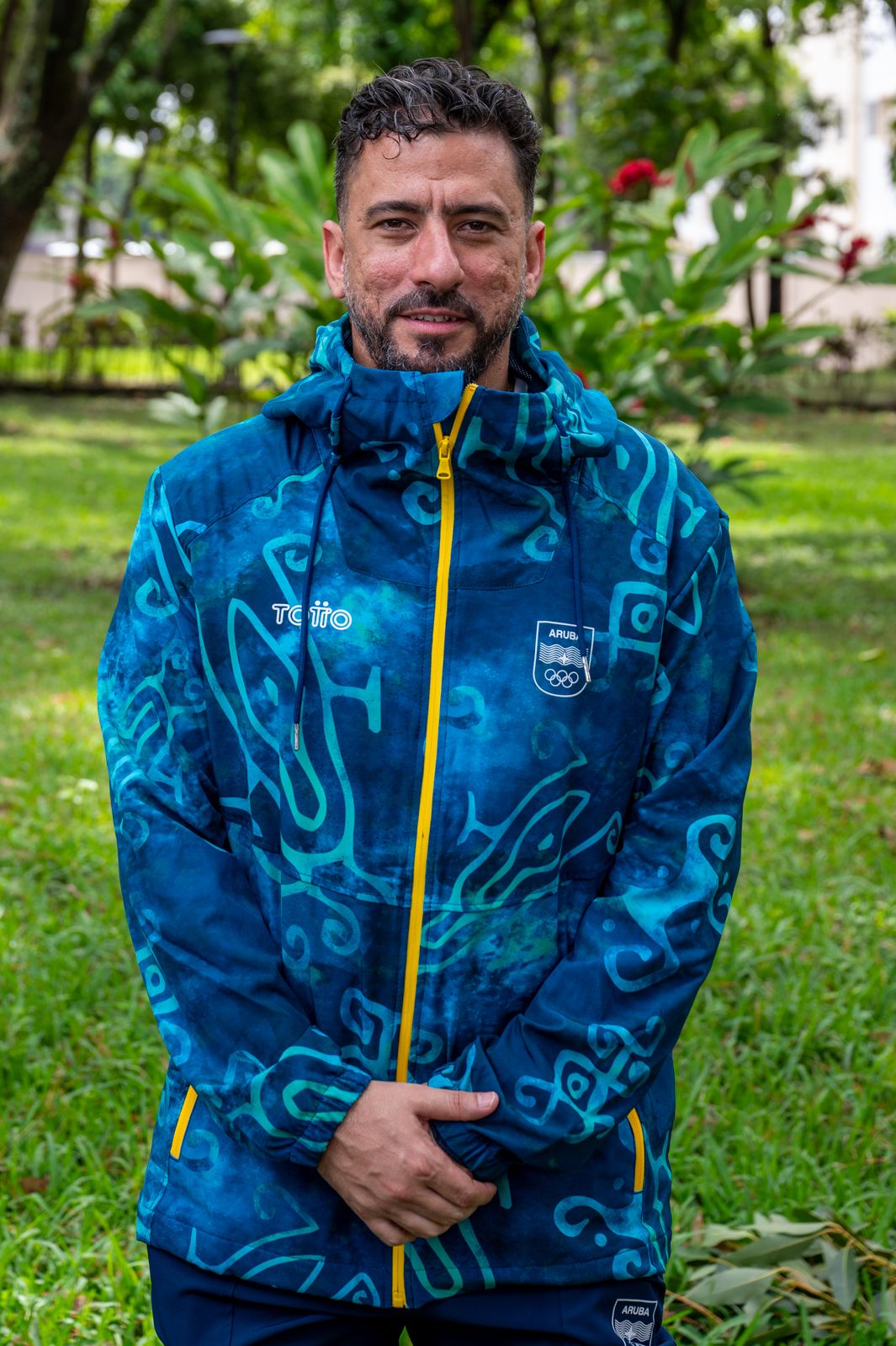

A surprising moment during a competition?
"In Martinique, during a 50 Meter pistol event, a tarantula crawled onto my table. They removed the tarantula, and eventually, I won 2nd place."
Do you have any pre-competition rituals?
"I always have an extra pair of socks in my shooting bag. If I'm shooting well, I leave them for future competitions. If not, I change them."
If you could compete in any other Olympic sport just for fun, which one would it be?
"Speed skating (winter) or track cycling (track time trial). They are explosive sports with a small margin for error, and that fascinates me."
What is the most unexpected item you carry in your bag?
"A mini rubber duck. I think my child put it in my bag, and I just left it there. It has been in my bag for years."
Do you have a lucky charm for competitions?
"Yes, my pendant."
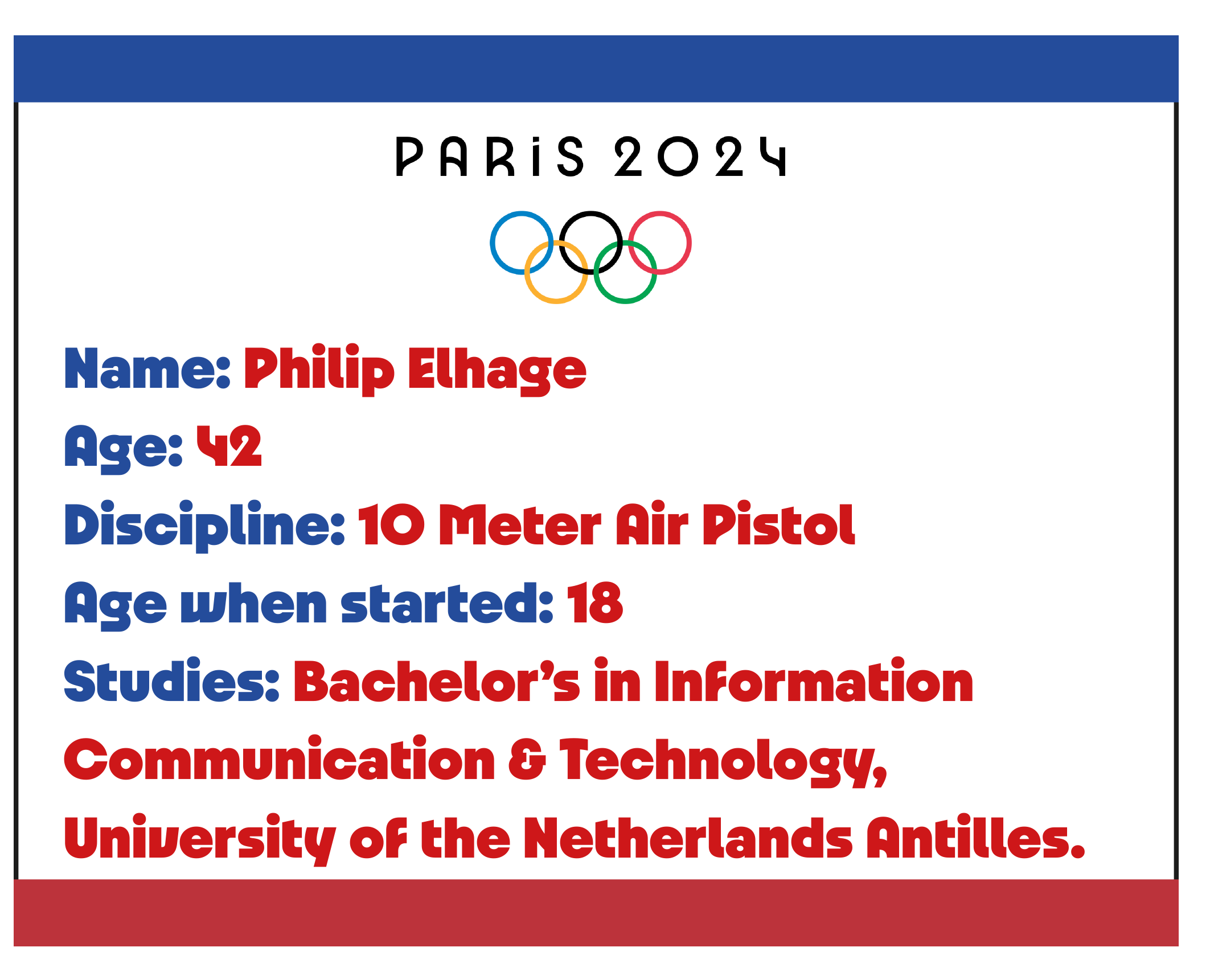

The Comite Olimpico Arubano (COA) is Aruba's national sports organization and a member of the International Olympic Committee (IOC).
Founded on August 21, 1985, following Aruba's attainment of autonomous status within the Dutch Kingdom, the COA became the National Olympic Committee (NOC) for Aruba. It separated from the Netherlands Antilles Olympic Committee (NAOC) with 14 founding sports federations, including baseball, athletics, and basketball.
Recognized by the IOC since 1986, the COA's mission is to develop and protect the Olympic Movement in Aruba. The first time Aruban athletes competed in the Olympics was at the Seoul Games in 1988.
COA operated from the Guillermo Prospero Trinidad Stadium in Oranjestad starting in 1994 and moved to a new headquarters at Vondellaan 27 in 2019. The new facility was inaugurated on March 11, 2023, after a complete renovation. The COA is affiliated with several international sports organizations, including ANOC, PANAM Sports, ODESUR, ODECABE, and CANOC.

